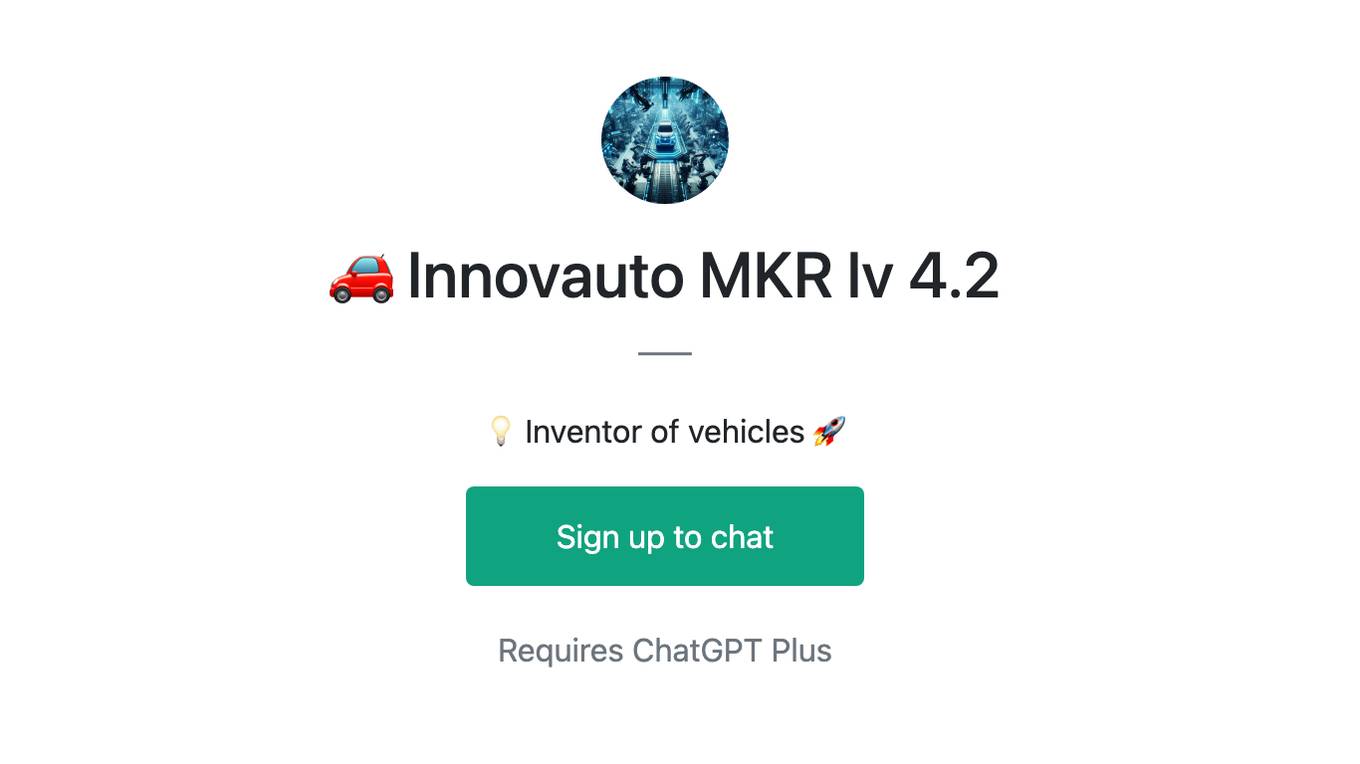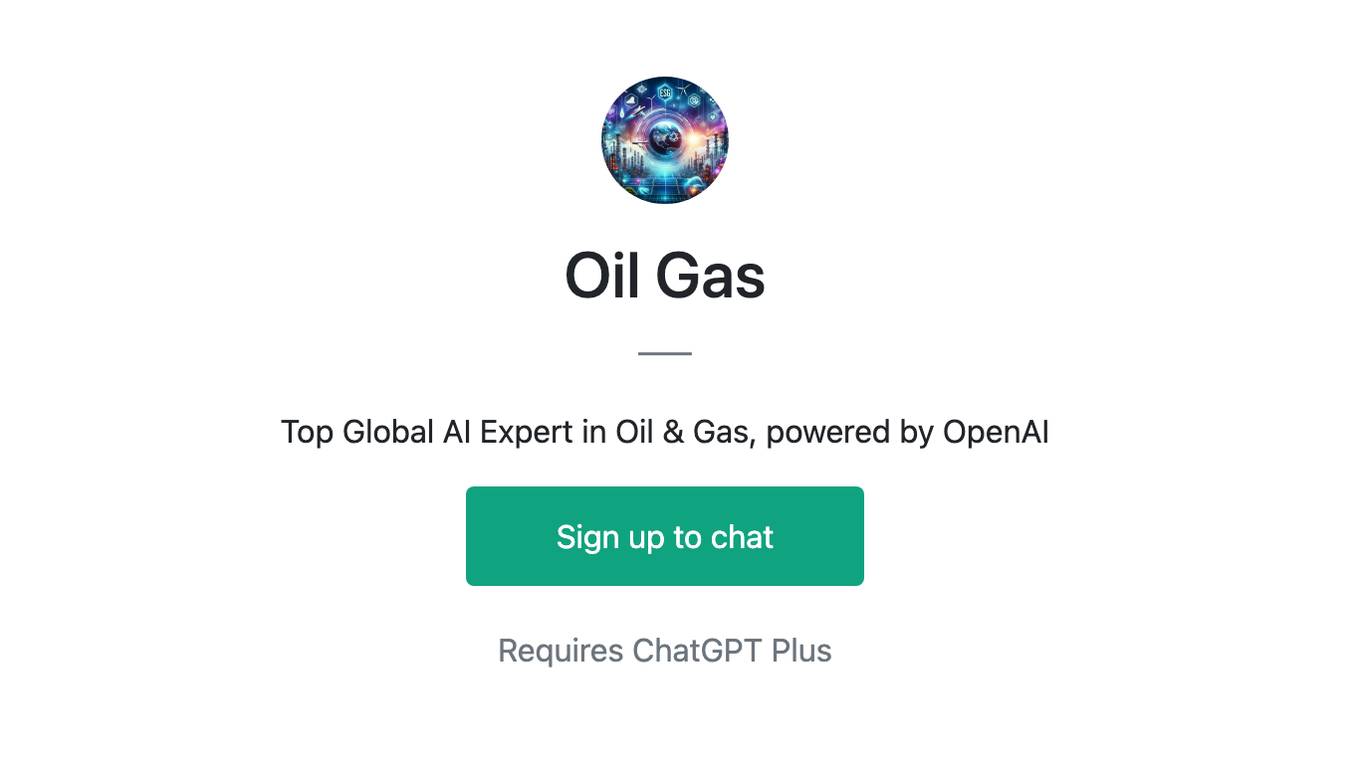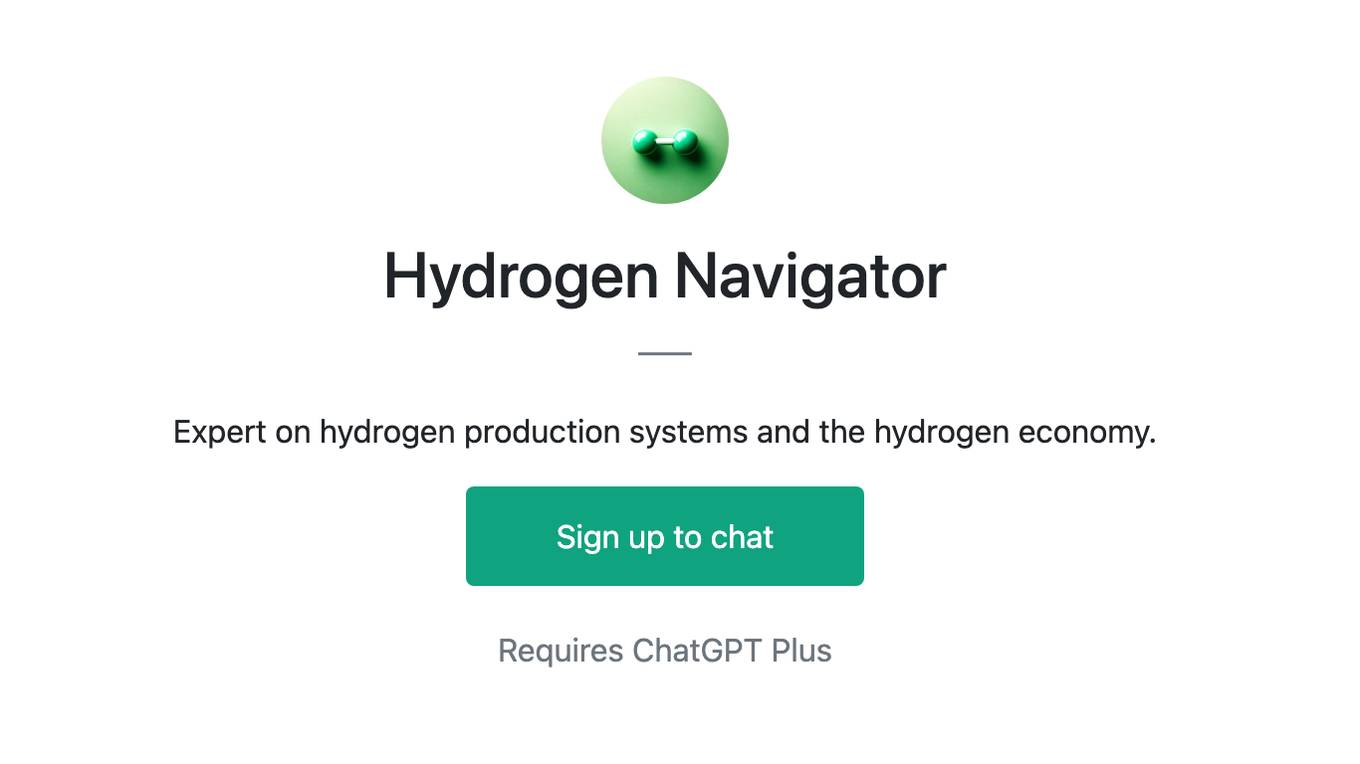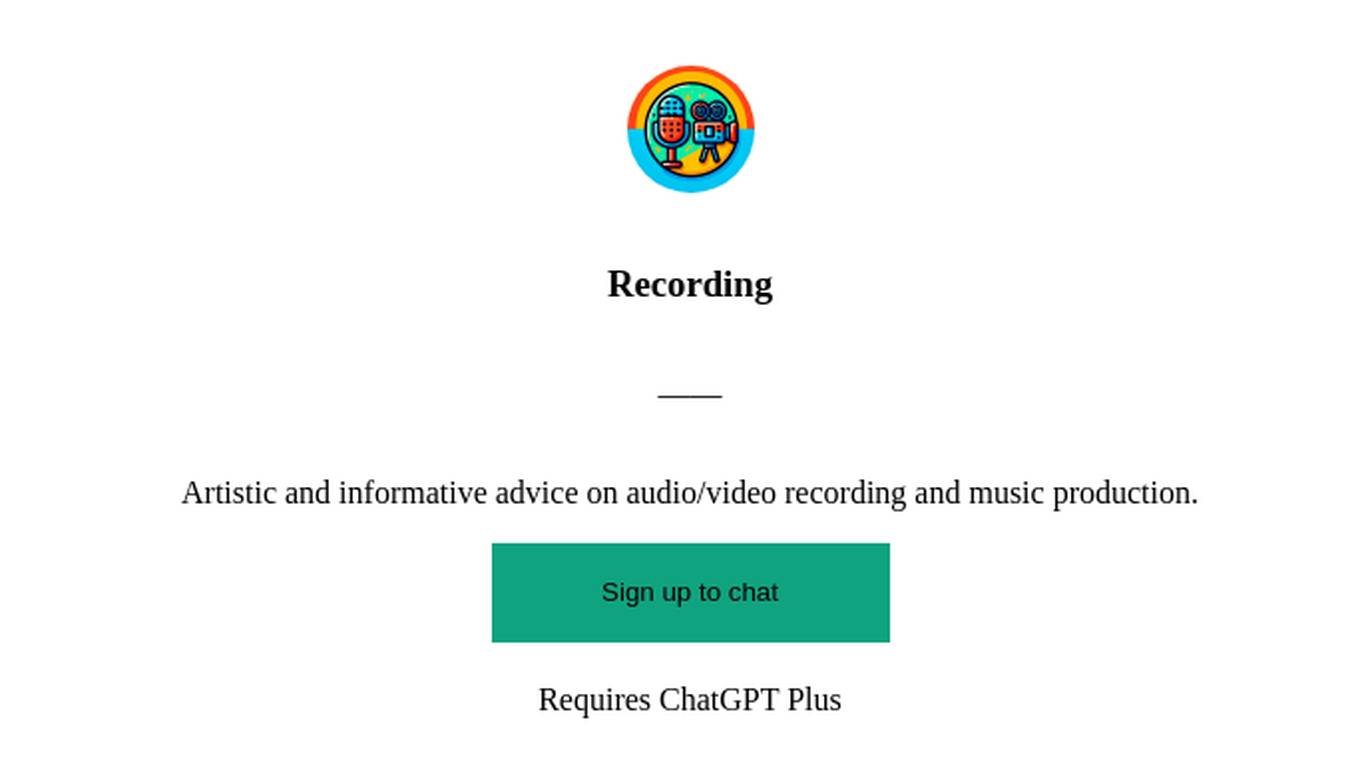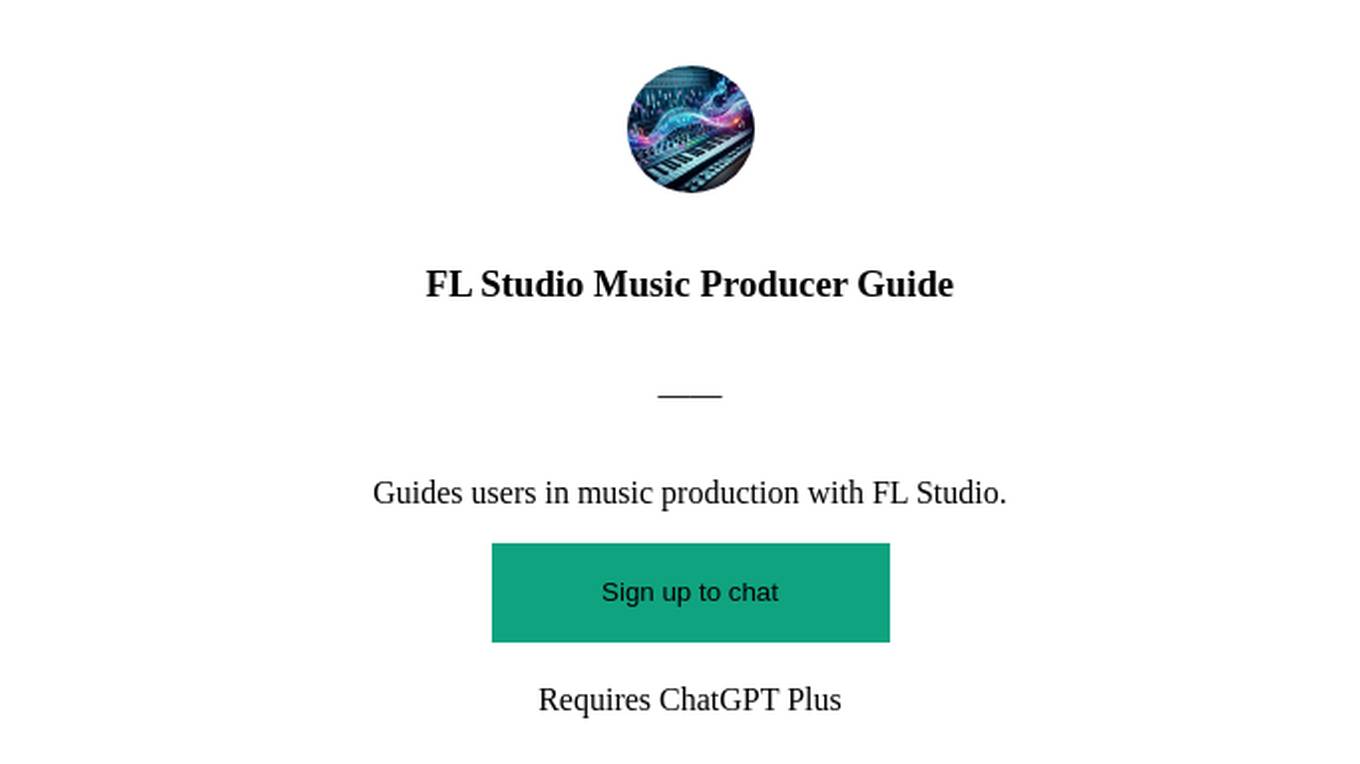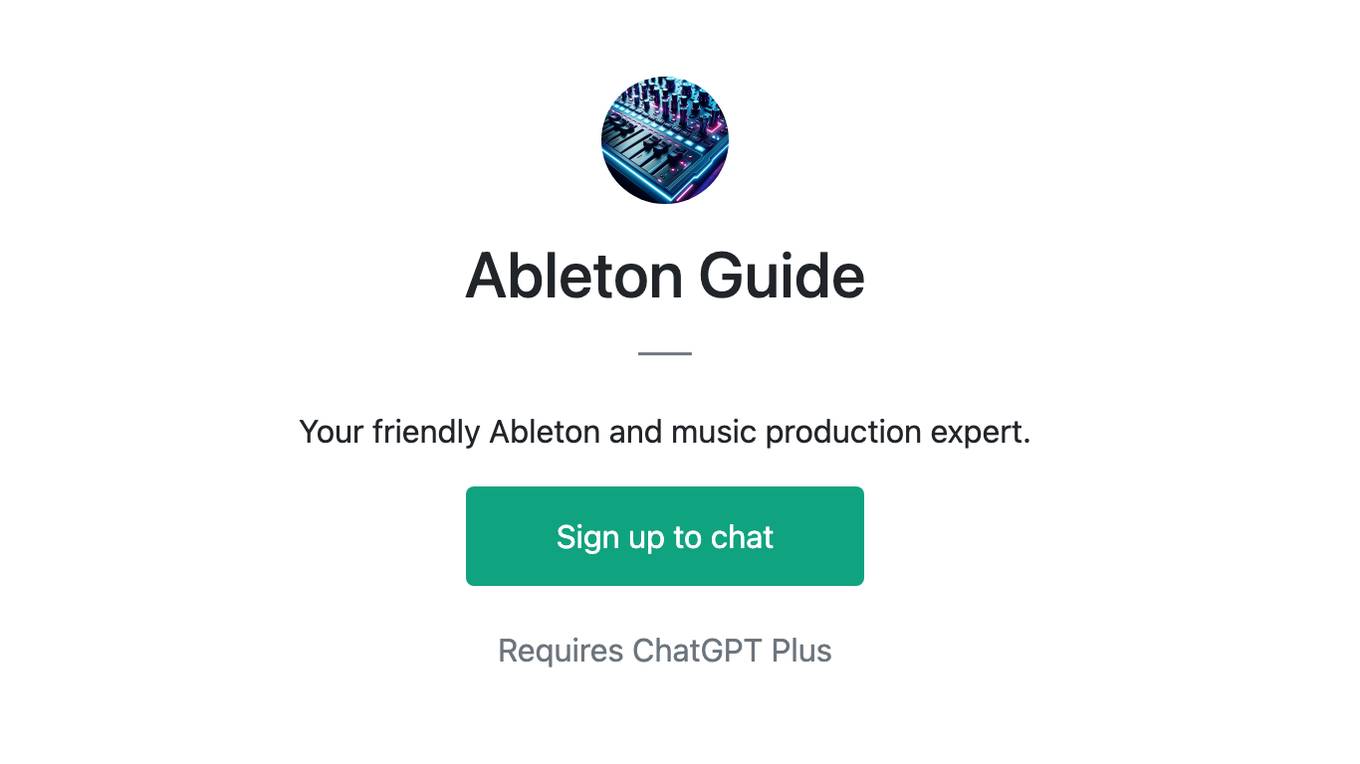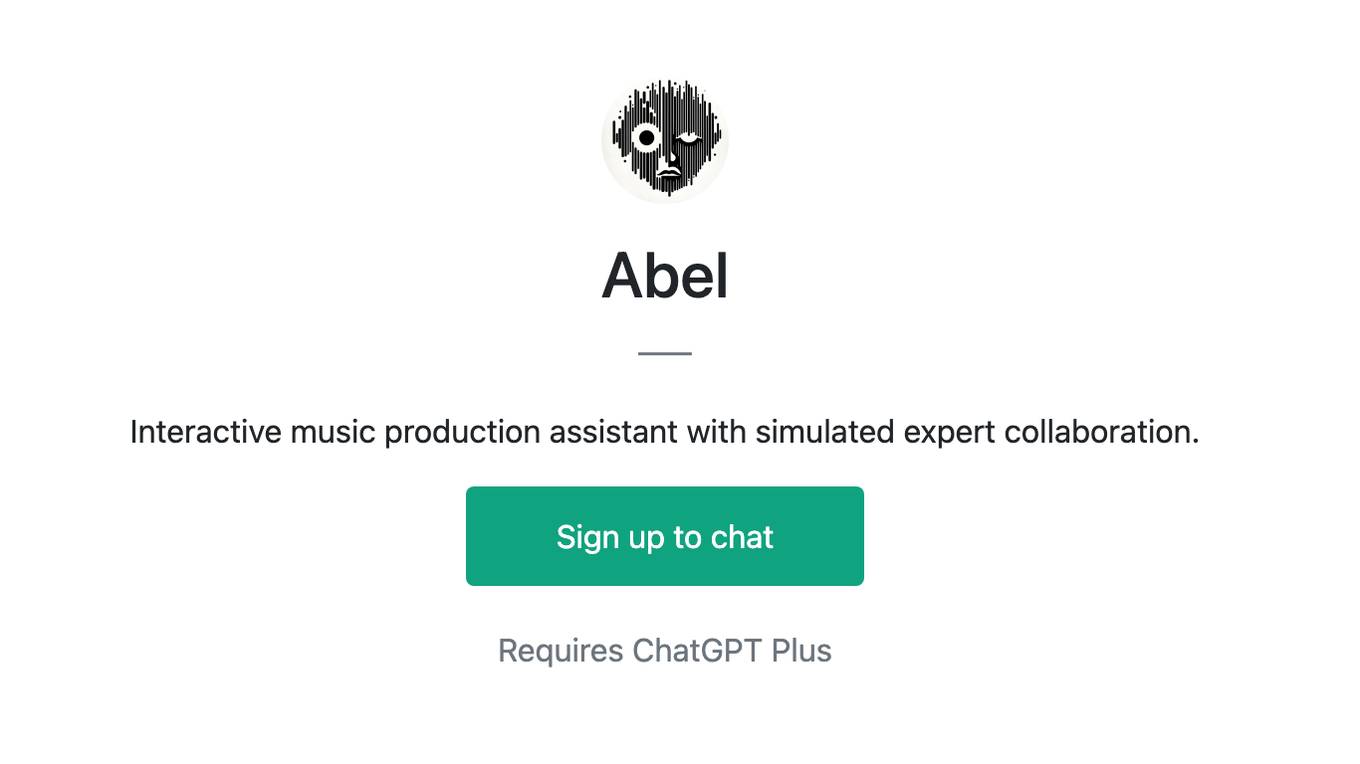Best AI tools for< Production Engineer >
Infographic
20 - AI tool Sites
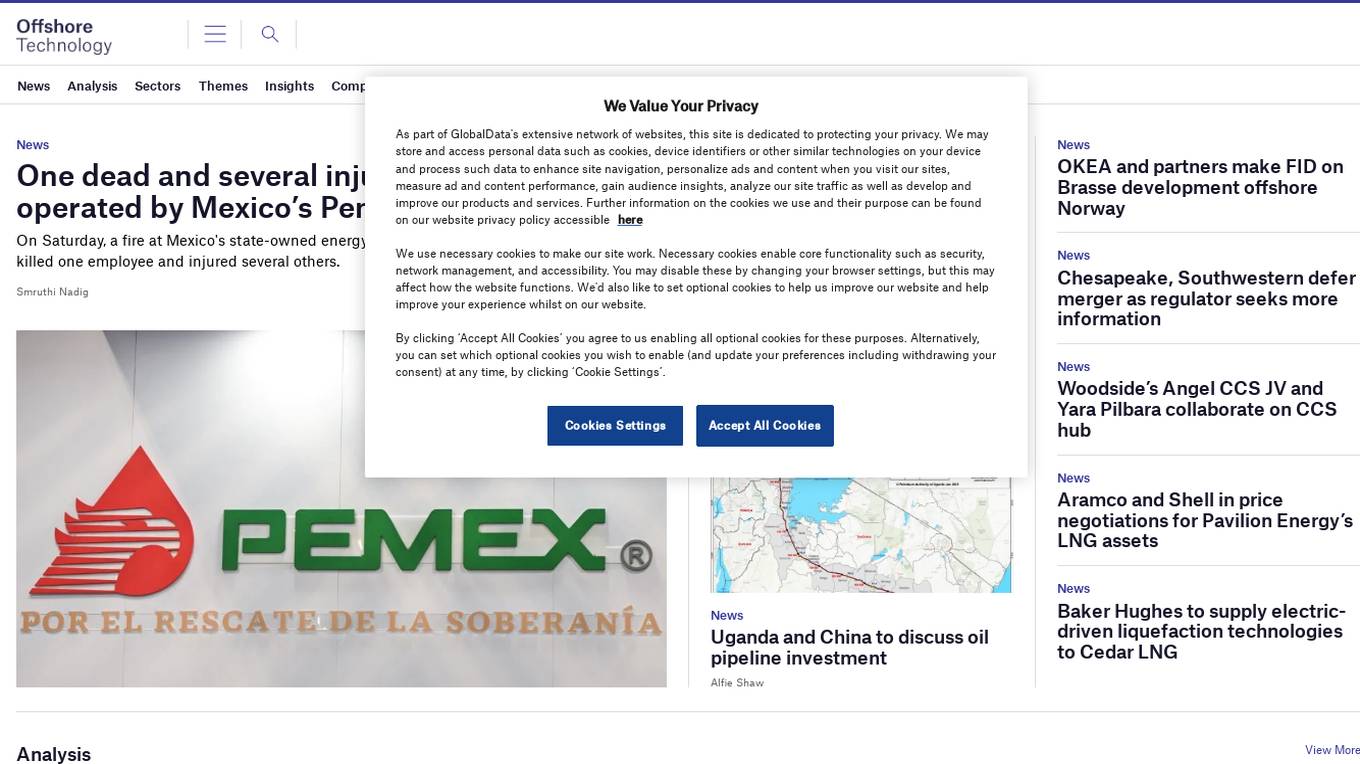
Offshore Technology
Offshore Technology is a leading provider of news, data, and analysis for the global offshore oil and gas industry. The website covers the latest developments in exploration, production, offshore services and vessels, midstream energy, HSE, and more. Offshore Technology also provides in-depth analysis of the latest trends driving technology and innovation in the offshore industry.
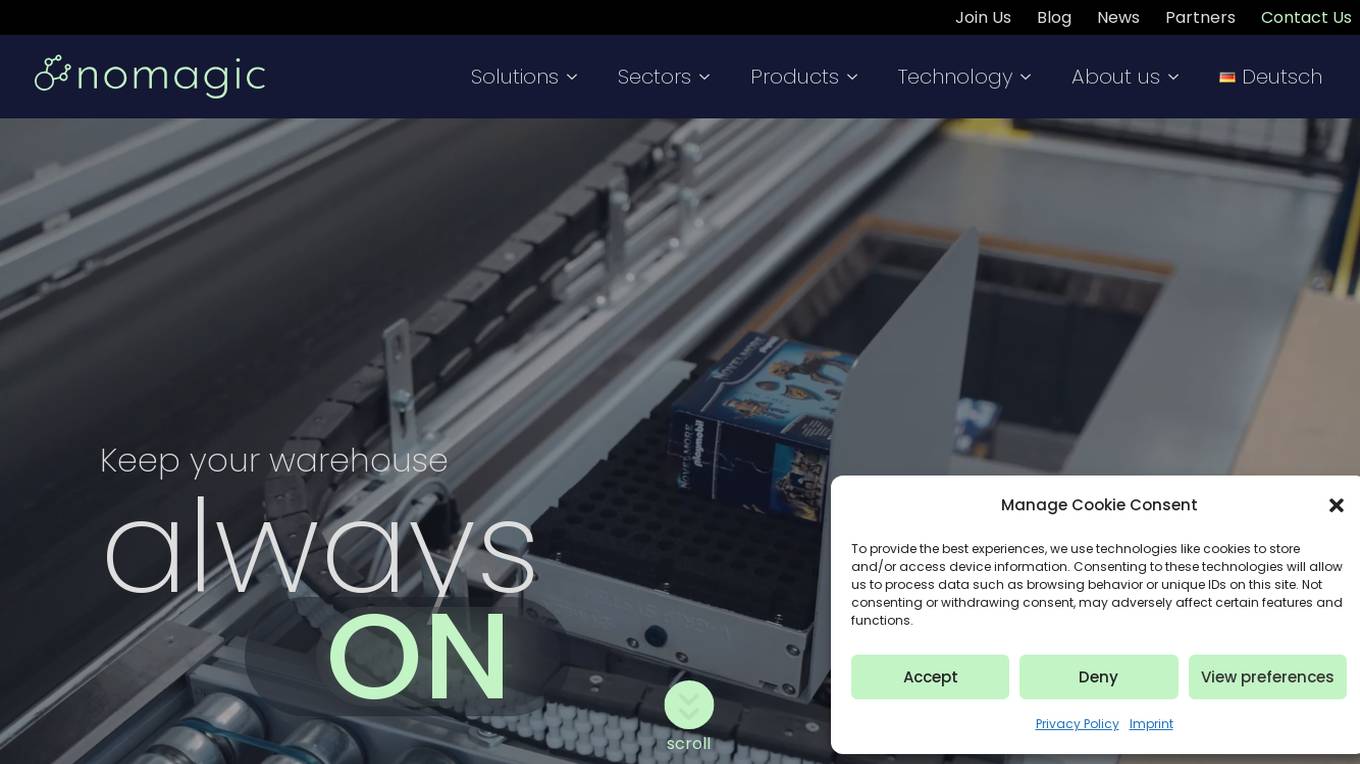
Nomagic.ai
Nomagic.ai is an intelligent robotics application that offers efficient item handling solutions for e-commerce and retail leaders seeking automation. The application provides services based on Intelligent Robotics to pick, sort, or pack a variety of SKUs, ensuring performance, reliability, and scalability. Nomagic combines expertise in robotics, cloud, and deep learning with logistics experience to deliver ROI below 2 years and cost reductions up to 75%. The application is designed to work seamlessly with AutoStore™ and offers dedicated solutions like justPick for reliable picking operations.
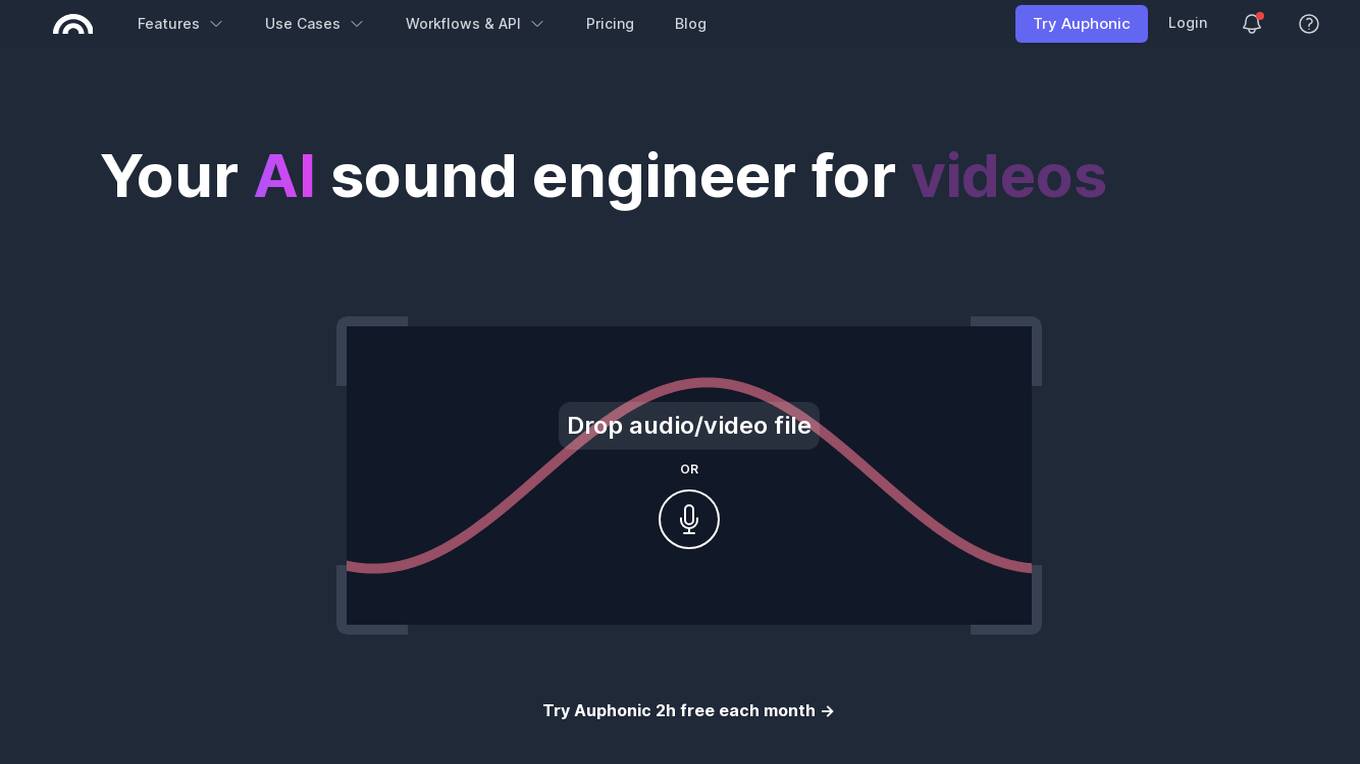
Auphonic
Auphonic is an AI-powered audio post-production web tool designed to help users achieve professional-quality audio results effortlessly. It offers a range of features such as Intelligent Leveler, Noise & Reverb Reduction, Filtering & AutoEQ, Cut Filler Words and Silence, Multitrack Algorithms, Loudness Specifications, Speech2Text & Automatic Shownotes, Video Support, Metadata & Chapters, and more. Auphonic is widely used by podcasters, educators, content creators, and audiobook producers to enhance their audio content and streamline their workflows. With its intuitive interface and advanced algorithms, Auphonic simplifies the audio editing process and ensures consistent audio quality across different platforms.
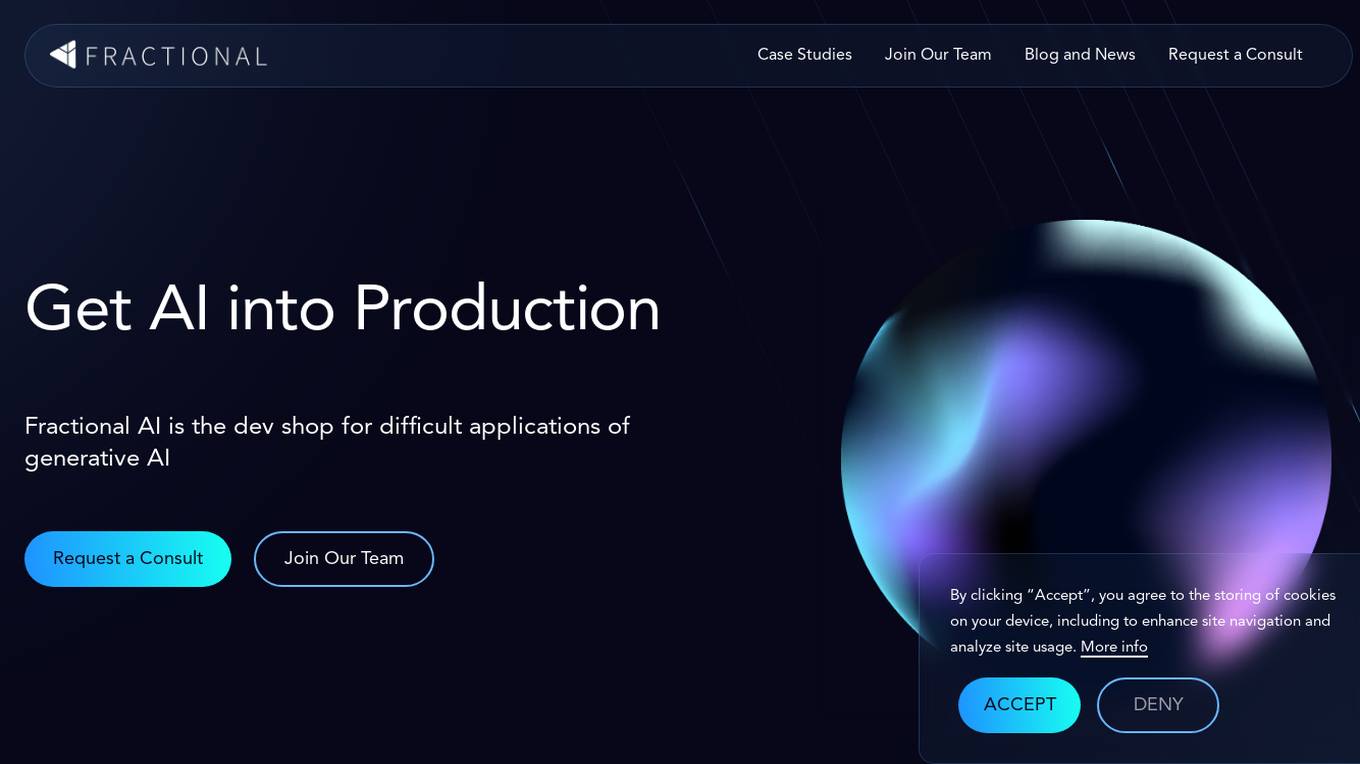
Fractional AI
Fractional AI is an AI tool that specializes in developing AI-powered solutions for various applications, such as automating content moderation, building API integrations, and personalizing learning experiences. The tool leverages advanced AI models like GPT 4o and GPT 3.5 to provide efficient and effective solutions for complex tasks. Fractional AI aims to bridge the gap between AI development and production by offering tailored AI solutions to meet specific business needs.
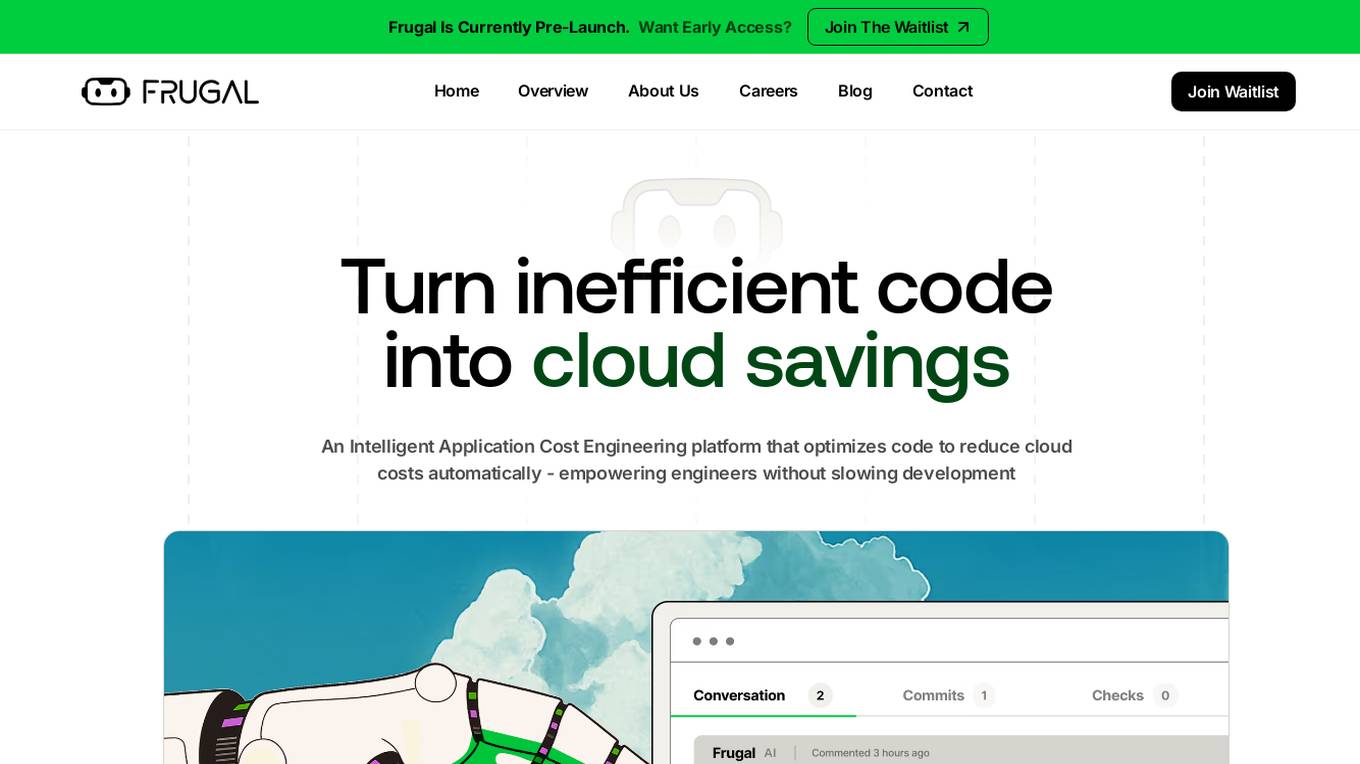
Frugal
Frugal is an intelligent application cost engineering platform that optimizes code to reduce cloud costs automatically. It is the first AI-powered cost optimization platform built for engineers, empowering them to find and fix inefficiencies in code that drain cloud budgets. The platform aims to reinvent cost engineering by enabling developers to reduce application costs and improve cloud efficiency through automated identification and resolution of wasteful practices.
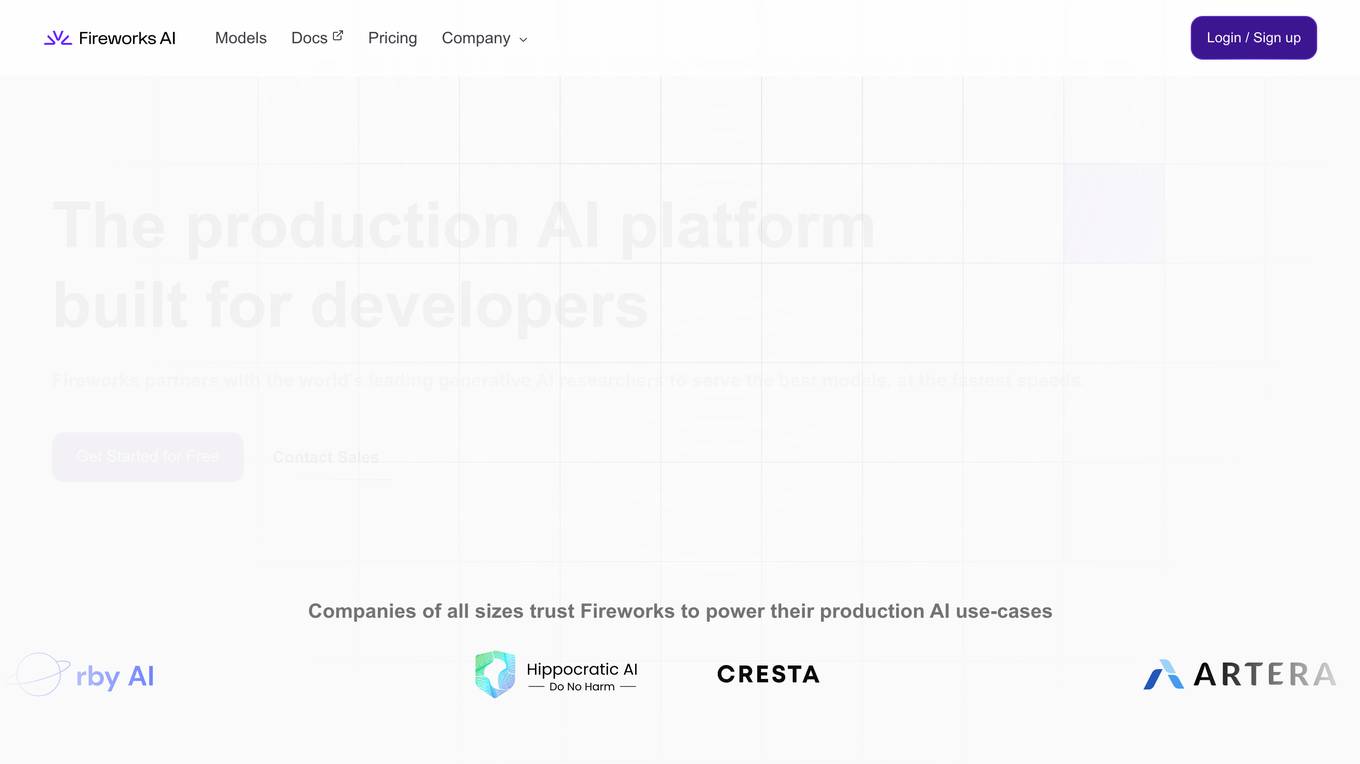
Fireworks
Fireworks is a generative AI platform for product innovation. It provides developers with access to the world's leading generative AI models, at the fastest speeds. With Fireworks, developers can build and deploy AI-powered applications quickly and easily.
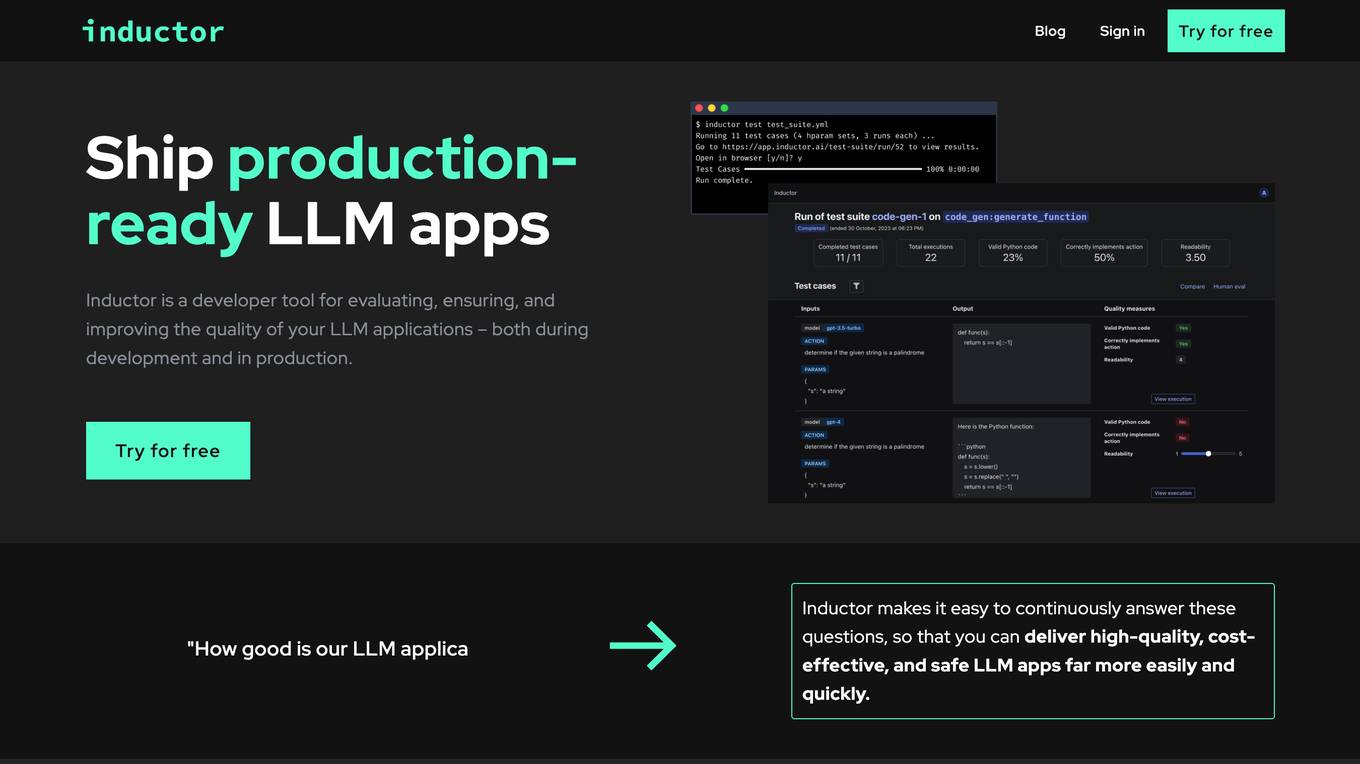
Inductor
Inductor is a developer tool for evaluating, ensuring, and improving the quality of your LLM applications – both during development and in production. It provides a fantastic workflow for continuous testing and evaluation as you develop, so that you always know your LLM app’s quality. Systematically improve quality and cost-effectiveness by actionably understanding your LLM app’s behavior and quickly testing different app variants. Rigorously assess your LLM app’s behavior before you deploy, in order to ensure quality and cost-effectiveness when you’re live. Easily monitor your live traffic: detect and resolve issues, analyze usage in order to improve, and seamlessly feed back into your development process. Inductor makes it easy for engineering and other roles to collaborate: get critical human feedback from non-engineering stakeholders (e.g., PM, UX, or subject matter experts) to ensure that your LLM app is user-ready.
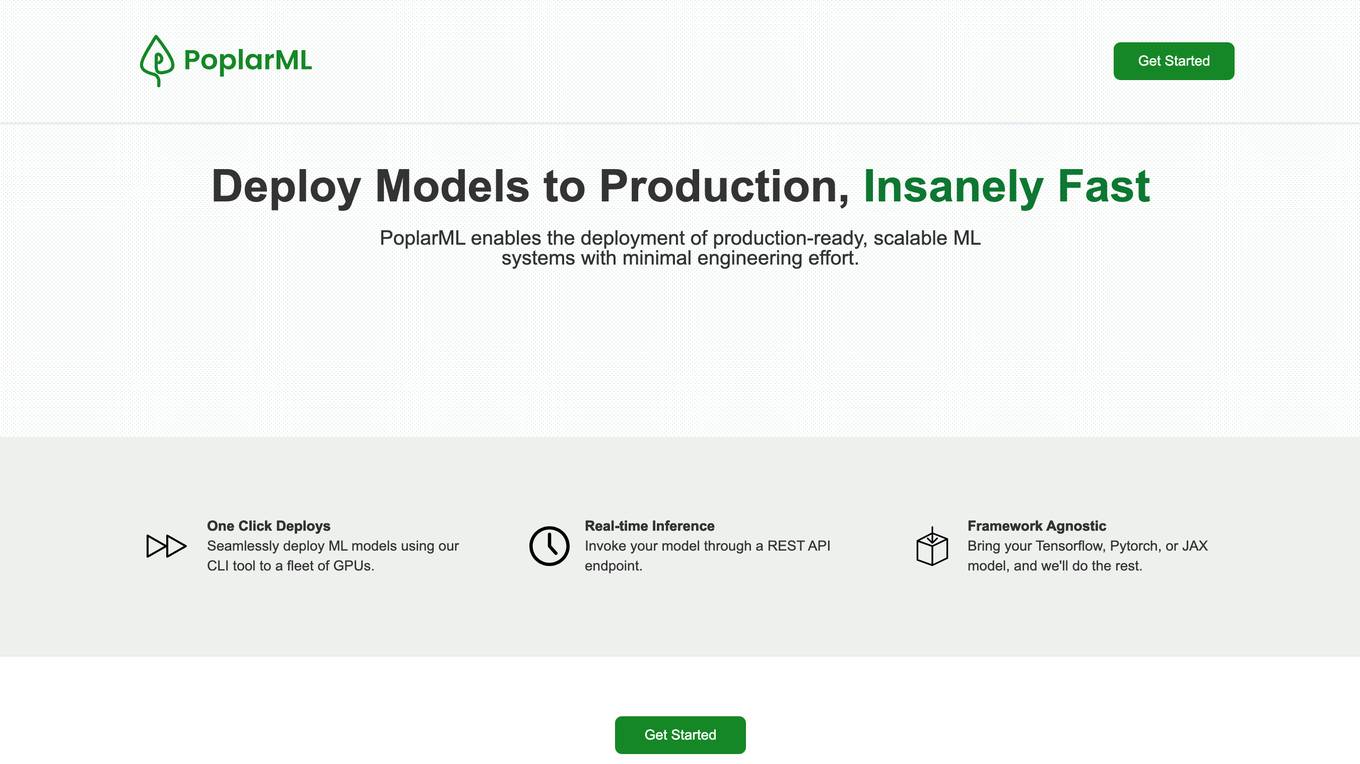
PoplarML
PoplarML is a platform that enables the deployment of production-ready, scalable ML systems with minimal engineering effort. It offers one-click deploys, real-time inference, and framework agnostic support. With PoplarML, users can seamlessly deploy ML models using a CLI tool to a fleet of GPUs and invoke their models through a REST API endpoint. The platform supports Tensorflow, Pytorch, and JAX models.
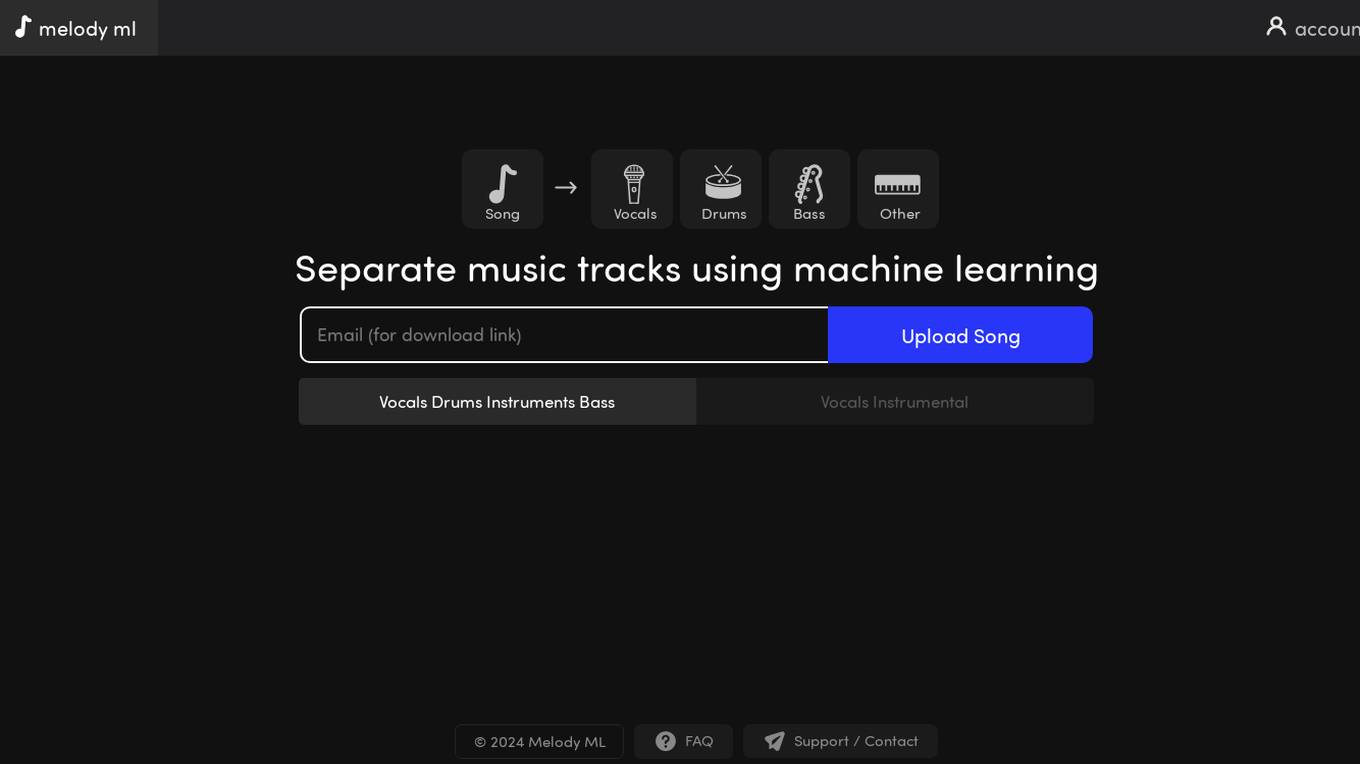
Melody ML
Melody ML is an AI-powered music processing tool that allows users to separate music tracks using machine learning technology. Users can upload songs, and the tool uses AI algorithms to extract vocals, drums, bass, and other instruments into separate stems. Melody ML offers a user-friendly platform for music enthusiasts, producers, and artists to enhance their music production process.

Emergent
Emergent is an AI-powered development platform that allows users to build full-stack web and mobile applications without the need for coding. It transforms ideas into functional applications by handling coding, design, and deployment through natural language input. With over 3 million users worldwide, Emergent offers transparent pricing and various plans to cater to different building ambitions.
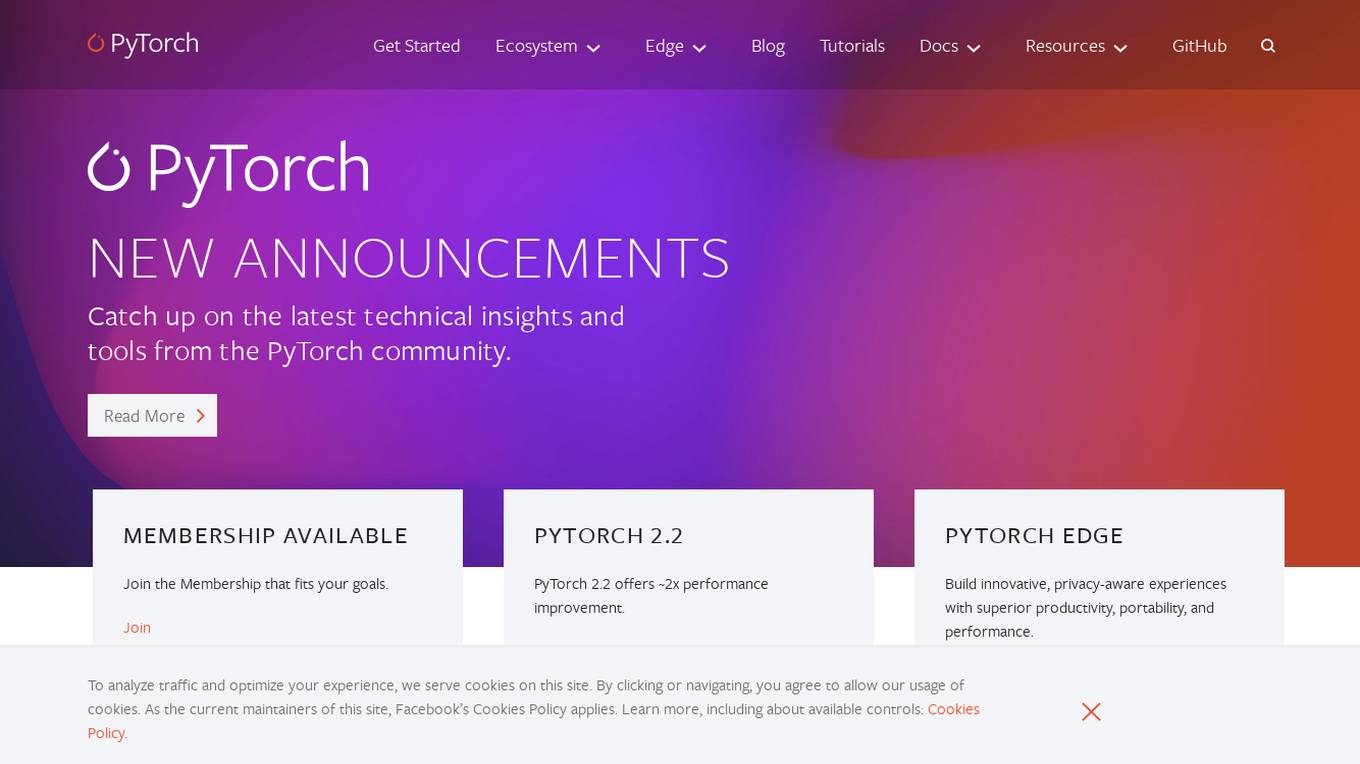
PyTorch
PyTorch is an open-source machine learning library based on the Torch library. It is used for applications such as computer vision, natural language processing, and reinforcement learning. PyTorch is known for its flexibility and ease of use, making it a popular choice for researchers and developers in the field of artificial intelligence.
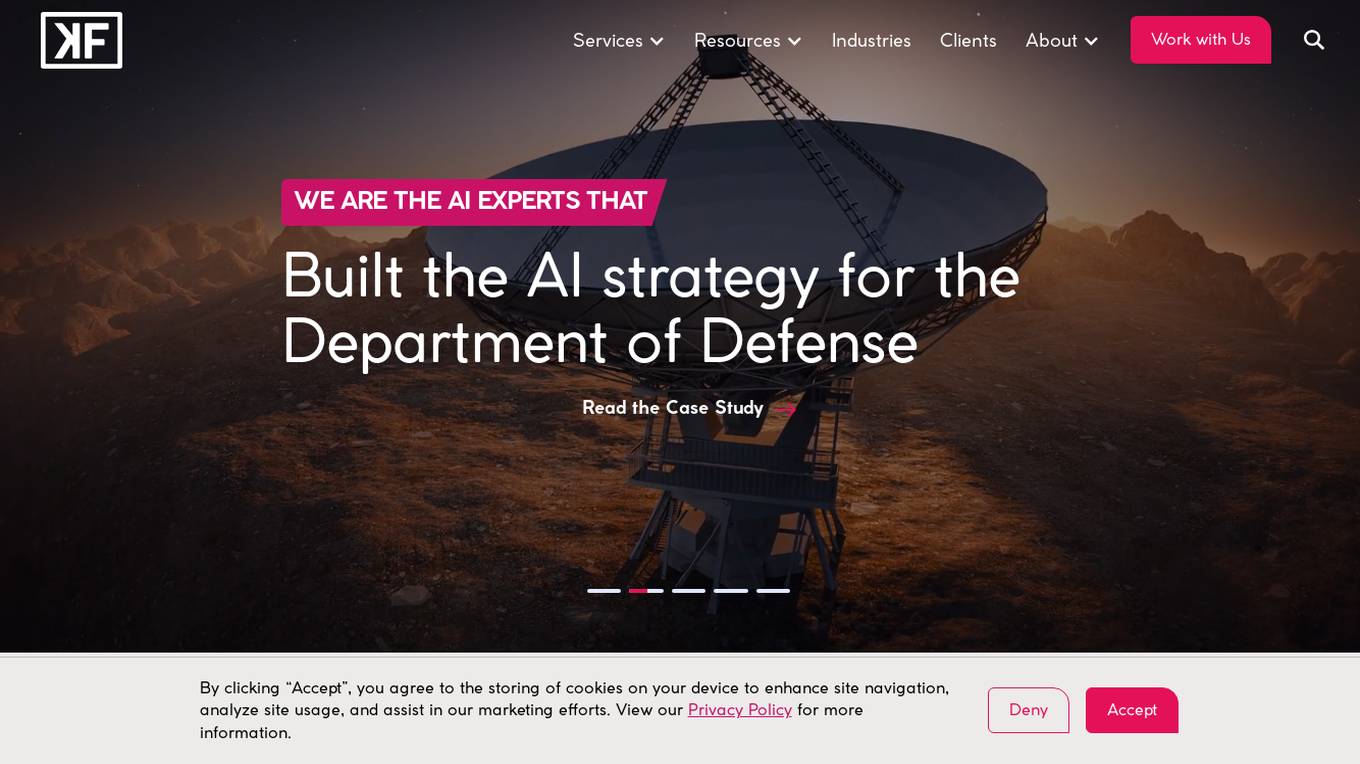
KUNGFU.AI
KUNGFU.AI is a management consulting and engineering firm focused exclusively on artificial intelligence. They empower CEOs and senior executives to leverage the full potential of AI to remain competitive in a rapidly evolving world. With 30+ years of AI expertise and 100+ projects delivered, they craft impactful, ethical, and cutting-edge solutions to solve tough challenges and drive measurable business results. KUNGFU.AI stands out for implementing AI strategies into production quickly, safely, and responsibly.
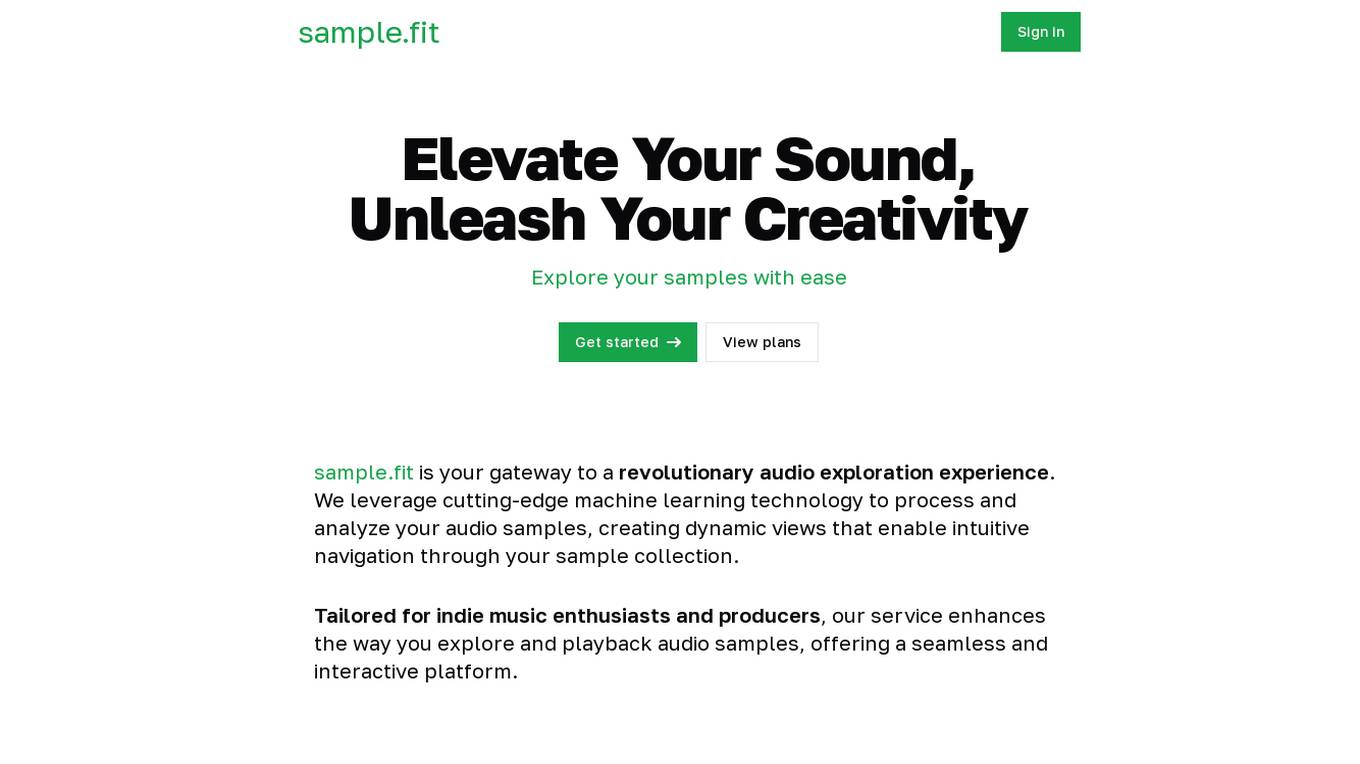
sample.fit
sample.fit is an AI tool designed to revolutionize the audio exploration experience for indie music enthusiasts and producers. By leveraging cutting-edge machine learning technology, the platform processes and analyzes audio samples to create dynamic views for intuitive navigation through sample collections. The service offers a seamless and interactive platform for exploring and playback audio samples, enhancing creativity and sound production.
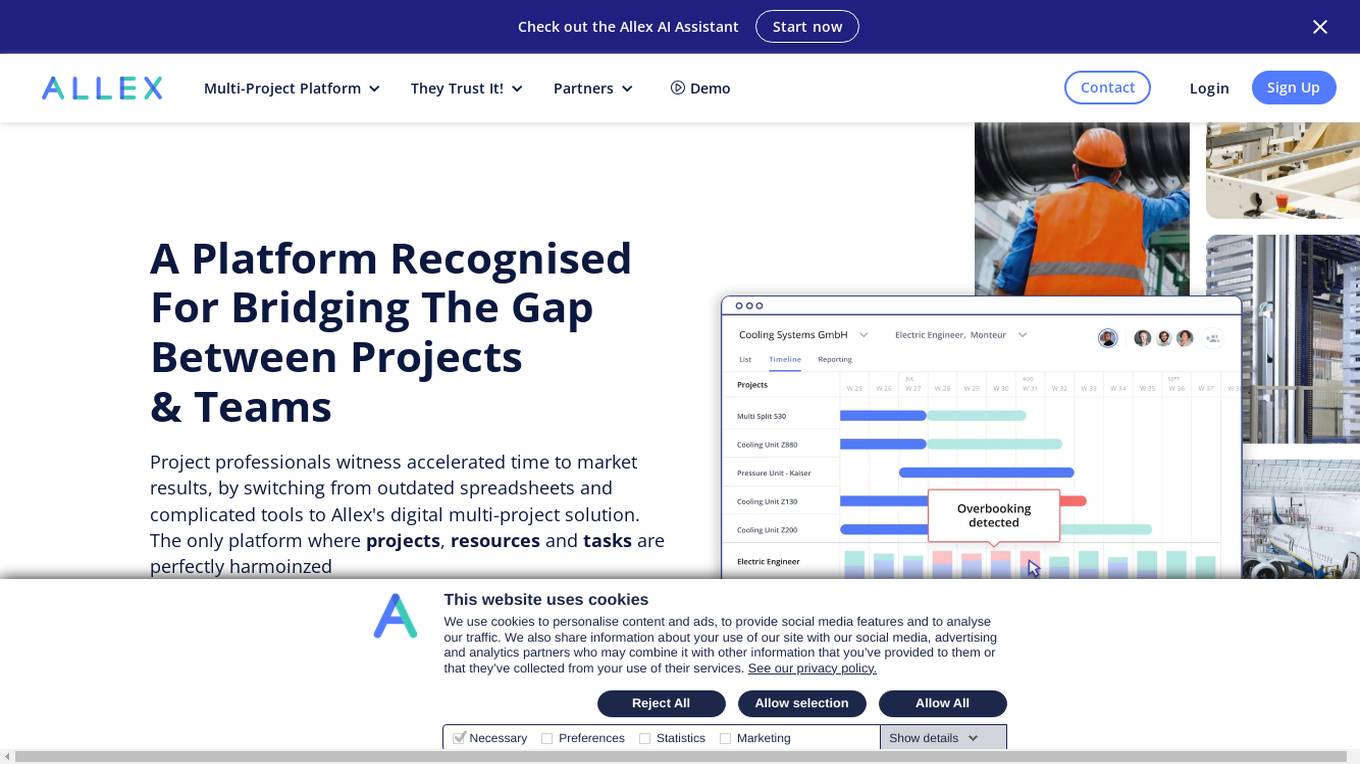
Allex
Allex is a project management and portfolio management software that offers a digital multi-project solution. It helps project professionals accelerate time-to-market results by harmonizing projects, resources, and tasks. The platform enables users to have a sweeping overview of projects, predict capacity bottlenecks, improve project coordination through collaboration, and communicate effectively with internal and external stakeholders. Allex is designed to handle complex projects and offers expert support to ensure informed decision-making from planning to launch.
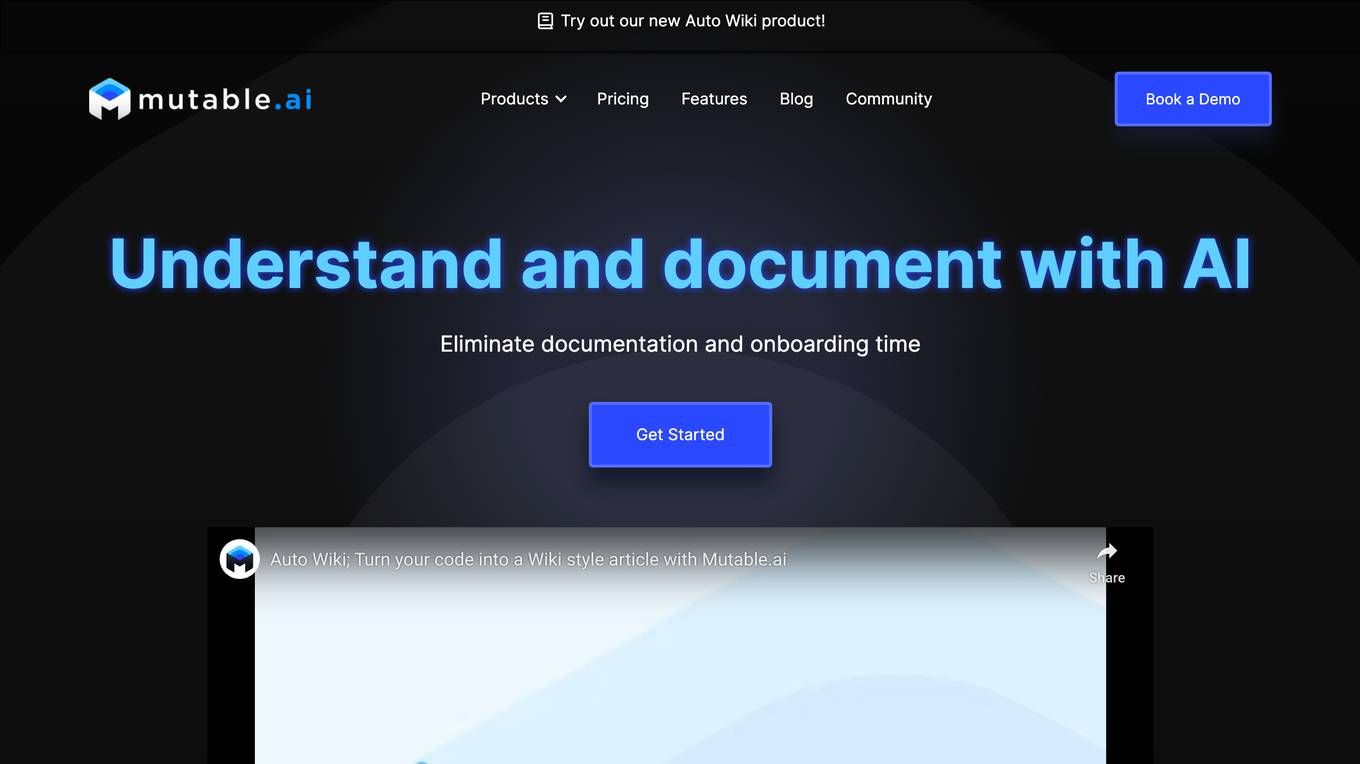
Mutable.ai
Mutable.ai is an AI tool that provides human quality assistance with codebases. It offers features such as creating Wikipedia-style documentation for code, generating wiki articles automatically, and enabling AI chat for extracting answers quickly. The application aims to enhance productivity and satisfaction for software engineers by leveraging AI advancements to revolutionize programming methods. The team behind Mutable.ai includes experts from various prestigious backgrounds, ensuring high-quality service and support.
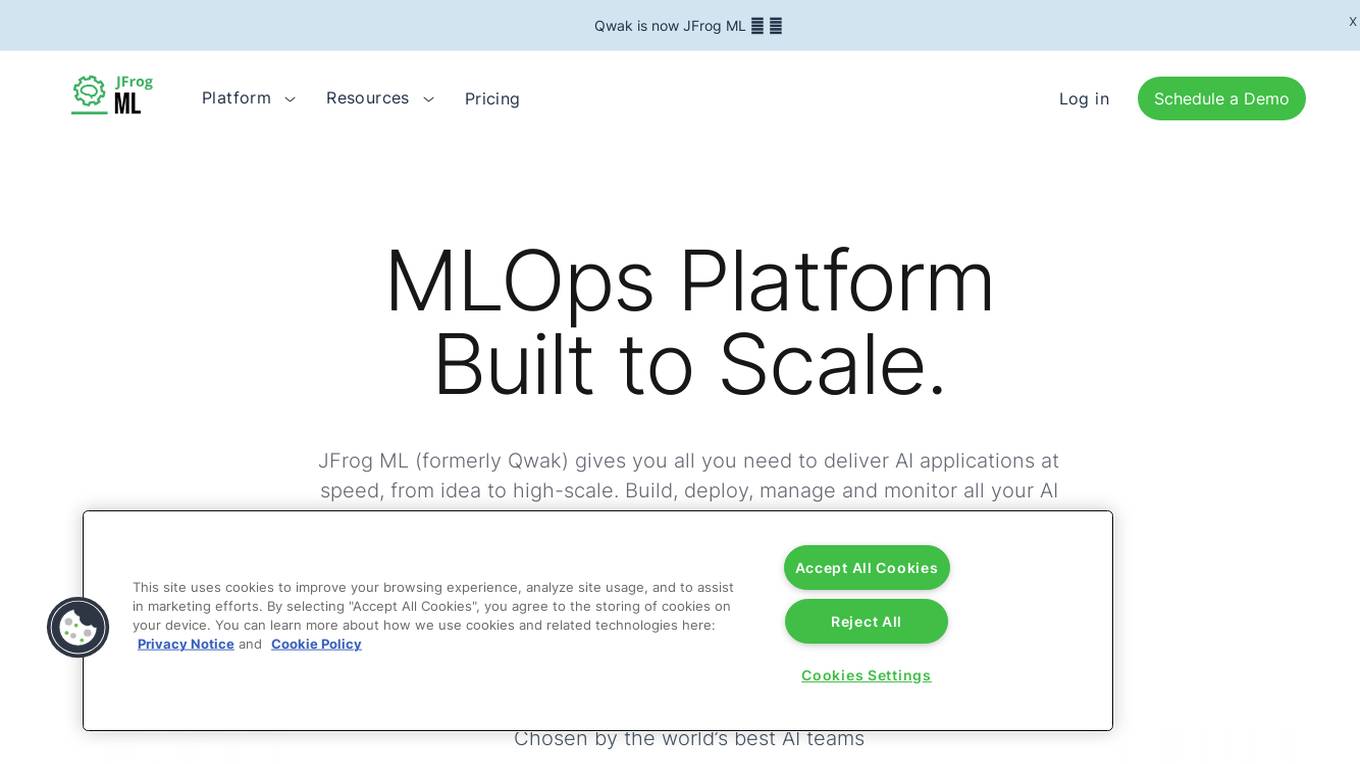
JFrog ML
JFrog ML is an AI platform designed to streamline AI development from prototype to production. It offers a unified MLOps platform to build, train, deploy, and manage AI workflows at scale. With features like Feature Store, LLMOps, and model monitoring, JFrog ML empowers AI teams to collaborate efficiently and optimize AI & ML models in production.

Myple
Myple is an AI application that enables users to build, scale, and secure AI applications with ease. It provides production-ready AI solutions tailored to individual needs, offering a seamless user experience. With support for multiple languages and frameworks, Myple simplifies the integration of AI through open-source SDKs. The platform features a clean interface, keyboard shortcuts for efficient navigation, and templates to kickstart AI projects. Additionally, Myple offers AI-powered tools like RAG chatbot for documentation, Gmail agent for email notifications, and AskFeynman for physics-related queries. Users can connect their favorite tools and services effortlessly, without any coding. Joining the beta program grants early access to new features and issue resolution prioritization.
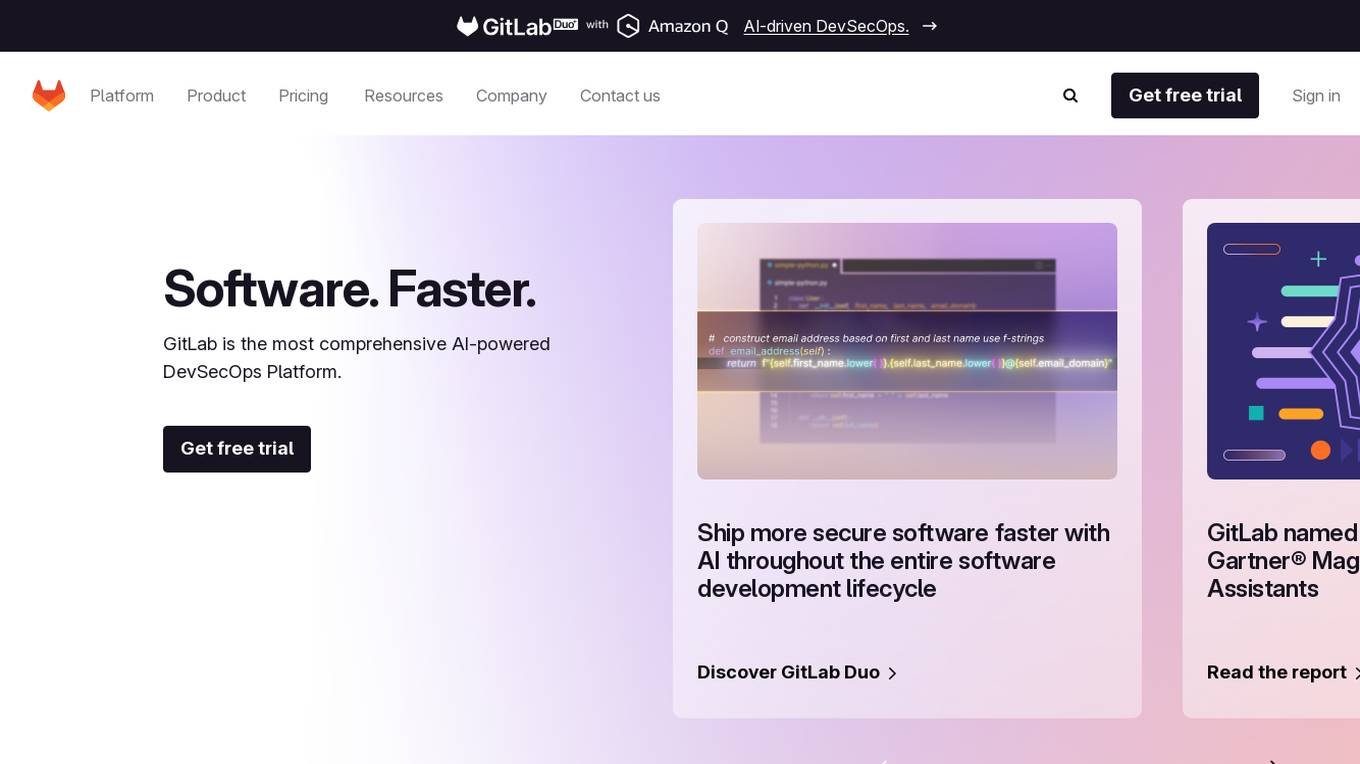
GitLab
GitLab is a comprehensive AI-powered DevSecOps platform that balances speed and security in a single platform. It automates software delivery, boosts productivity, and secures the end-to-end software supply chain. GitLab simplifies the toolchain by providing all essential DevSecOps tools in one place, accelerates software delivery with automation and AI-powered workflows, and integrates security seamlessly. It allows users to deploy anywhere without cloud vendor lock-in, offering value stream management, analytics, and insights to accelerate coding and optimize processes.
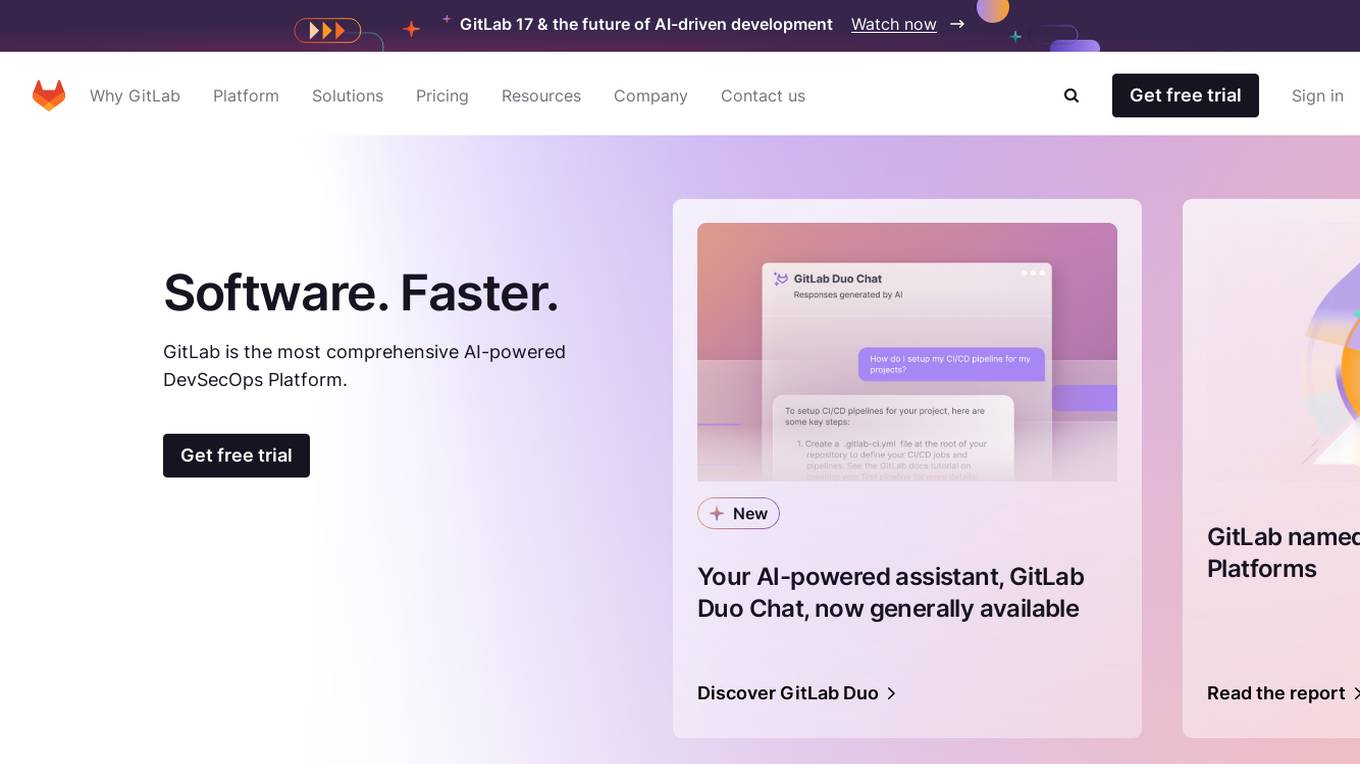
GitLab
GitLab is a comprehensive AI-powered DevSecOps platform that balances speed and security in a single platform. It automates software delivery, boosts productivity, and secures the end-to-end software supply chain. GitLab simplifies the toolchain by providing all essential DevSecOps tools in one place, accelerates software delivery through automation and AI-powered workflows, and integrates security seamlessly. It allows users to deploy anywhere without cloud vendor lock-in, offering value stream management, analytics, and insights to accelerate coding. GitLab is trusted by industry leaders for building mission-critical software and is recognized as a Leader in DevOps Platforms by various industry analysts.
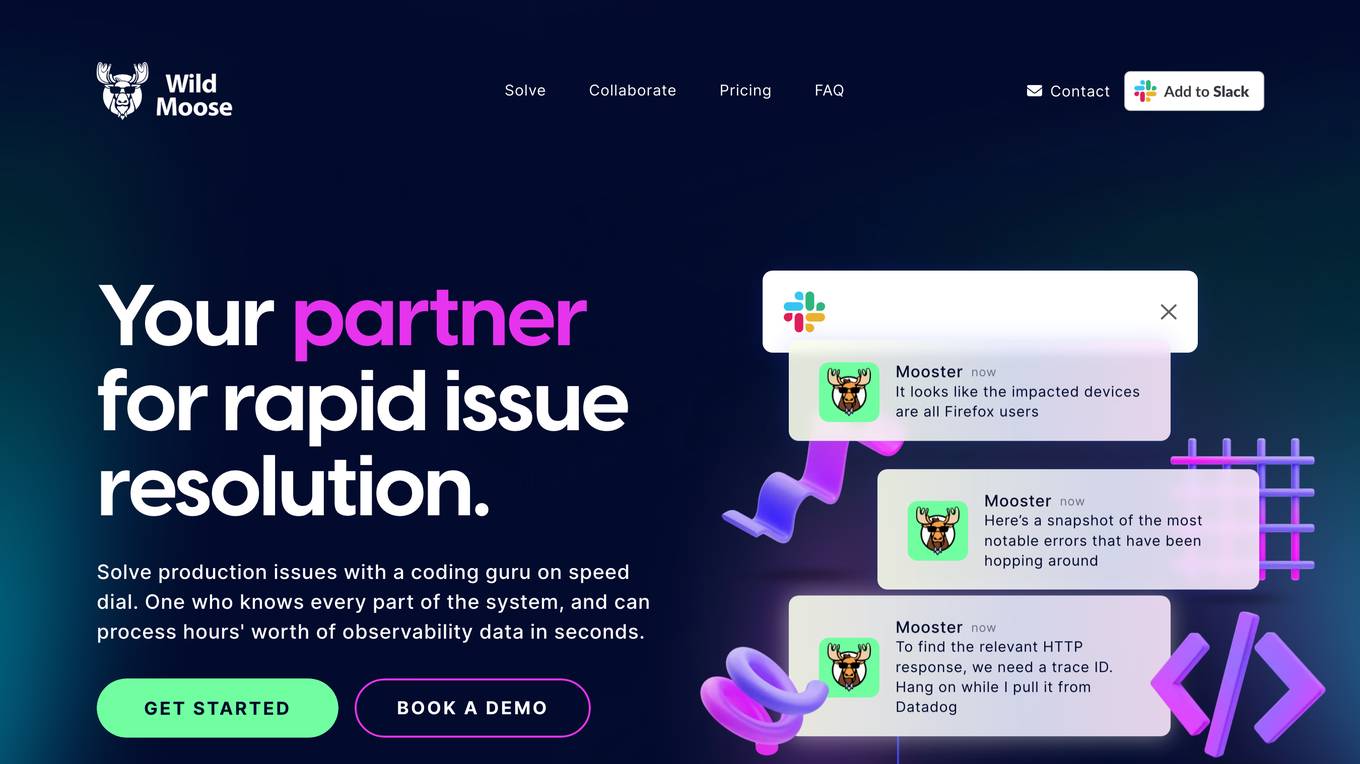
Wild Moose
Wild Moose is an AI-powered SRE Copilot tool designed to help companies handle incidents efficiently. It offers fast and efficient root cause analysis that improves with every incident by automatically gathering and analyzing logs, metrics, and code to pinpoint root causes. The tool converts tribal knowledge into custom playbooks, constantly improves performance with a system model that learns from each incident, and integrates seamlessly with various observability tools and deployment platforms. Wild Moose reduces cognitive load on teams, automates routine tasks, and provides actionable insights in real-time, enabling teams to act fast during outages.
0 - Open Source Tools
20 - OpenAI Gpts
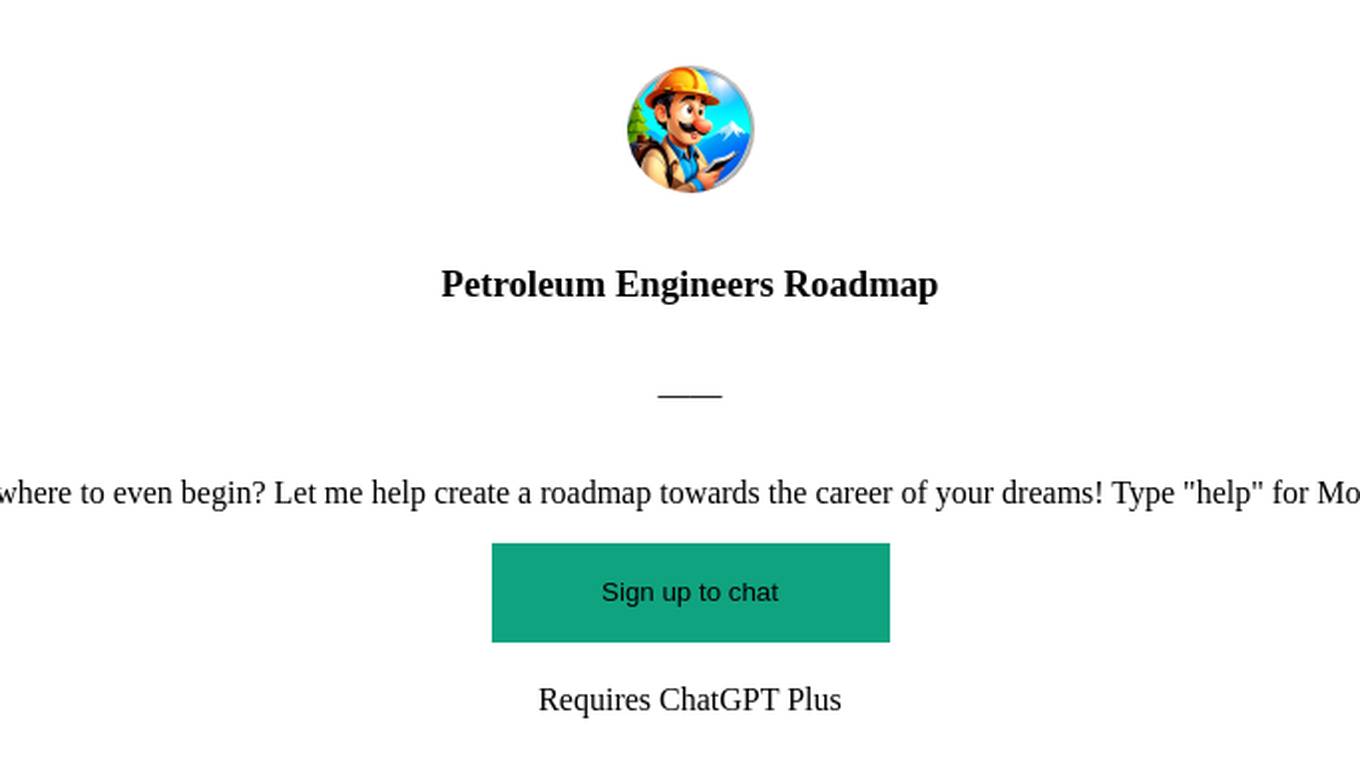
Petroleum Engineers Roadmap
Don’t know where to even begin? Let me help create a roadmap towards the career of your dreams! Type "help" for More Information
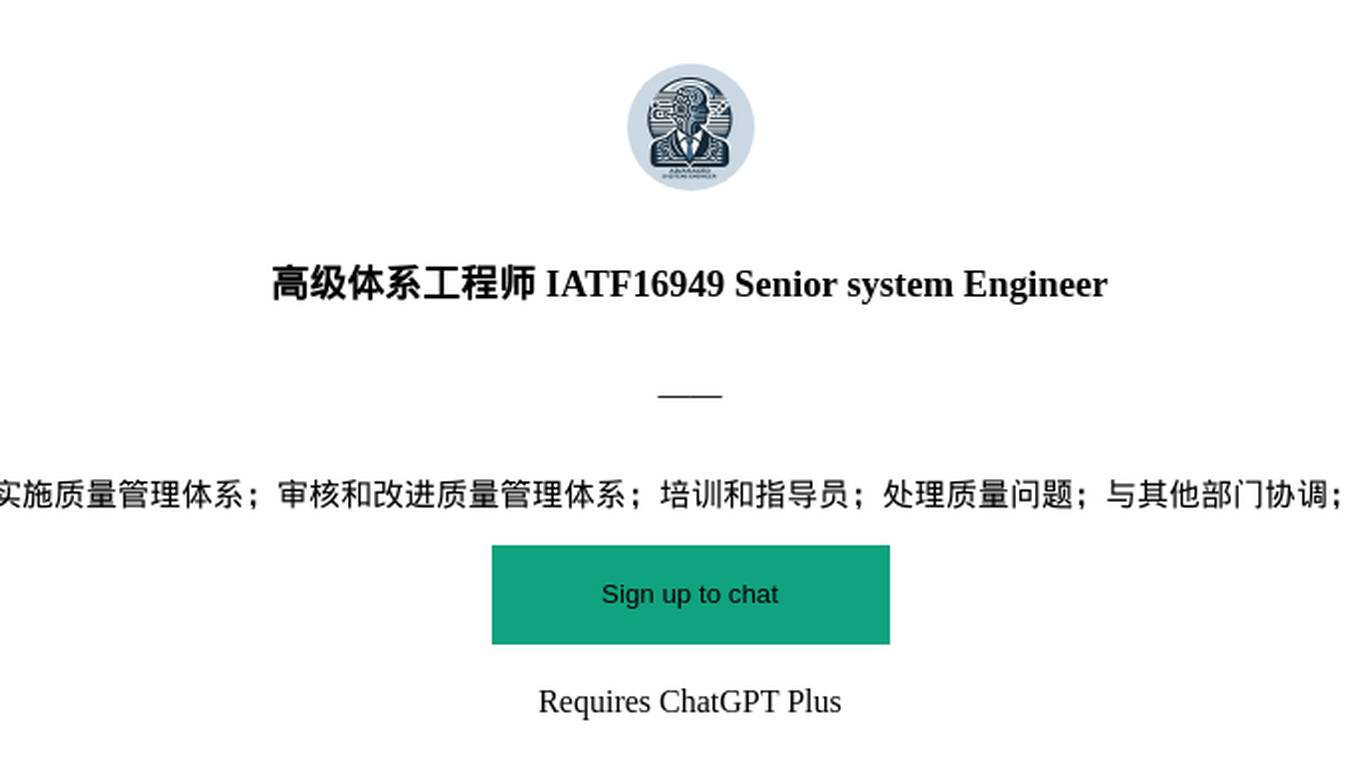
高级体系工程师 IATF16949 Senior system Engineer
制定和实施质量管理体系;审核和改进质量管理体系;培训和指导员;处理质量问题;与其他部门协调;持续改进
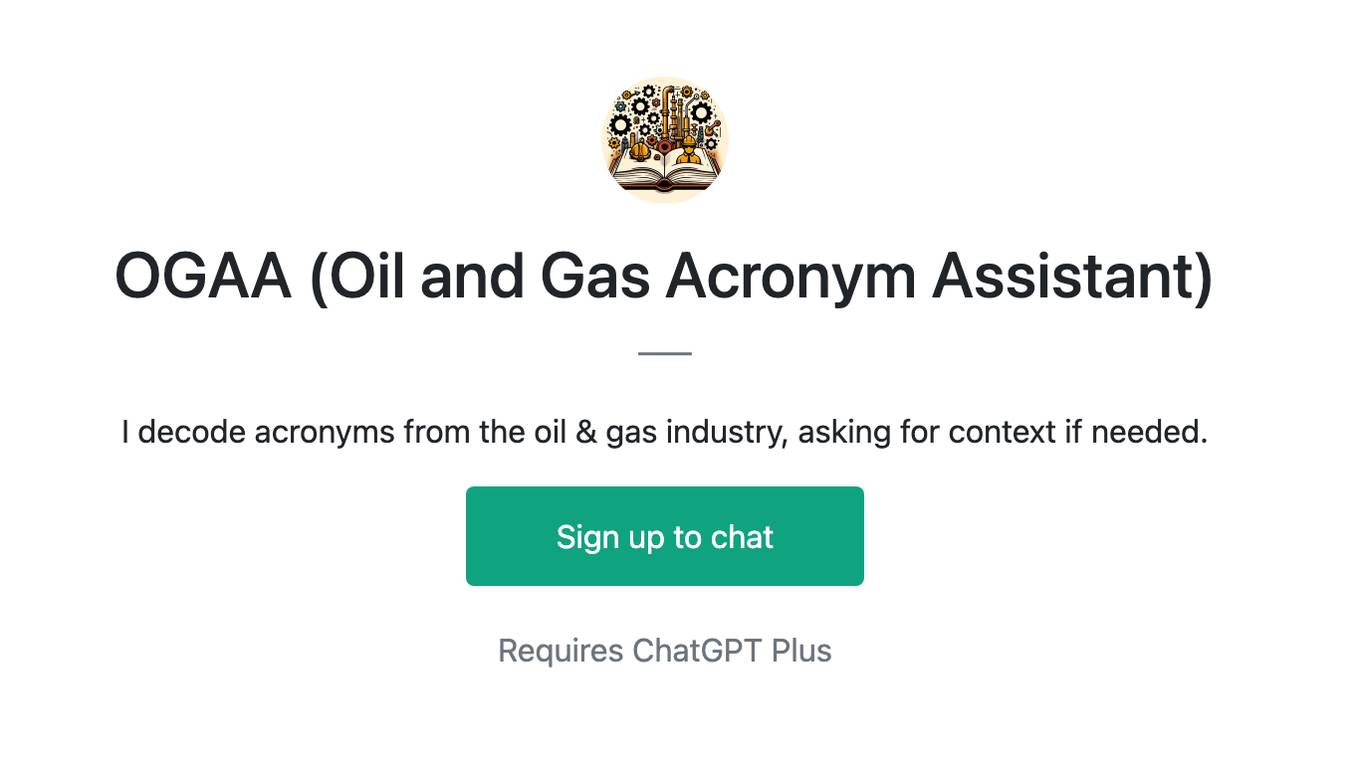
OGAA (Oil and Gas Acronym Assistant)
I decode acronyms from the oil & gas industry, asking for context if needed.
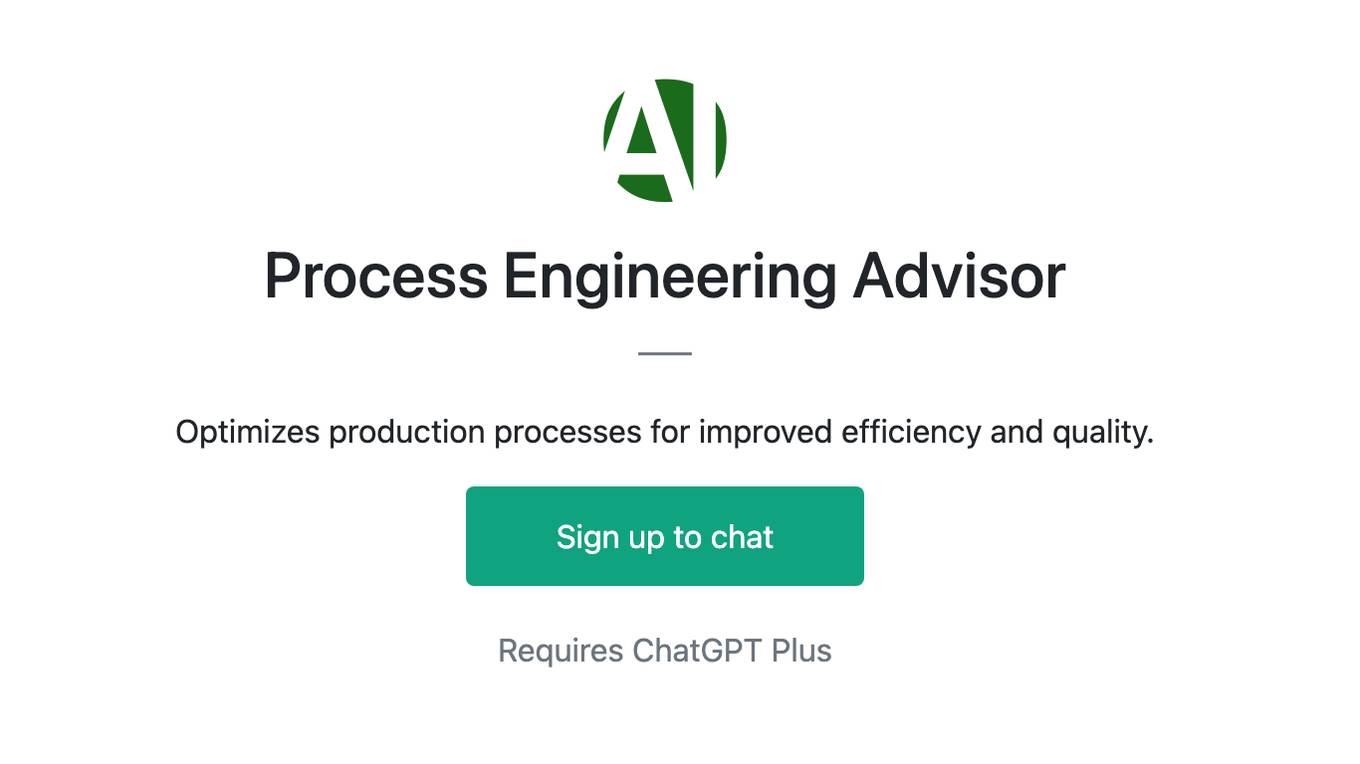
Process Engineering Advisor
Optimizes production processes for improved efficiency and quality.
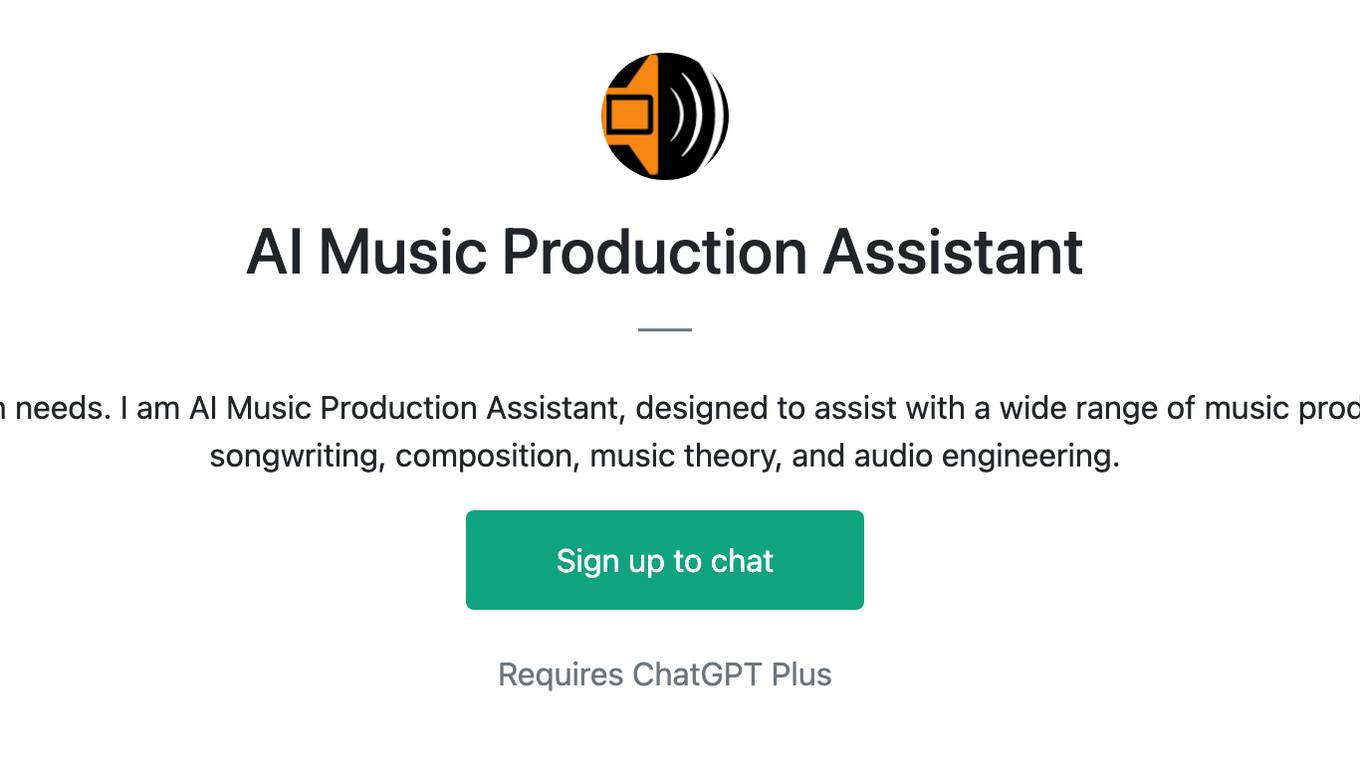
AI Music Production Assistant
Your go-to assistant for all music production needs. I am AI Music Production Assistant, designed to assist with a wide range of music production needs. My expertise encompasses songwriting, composition, music theory, and audio engineering.
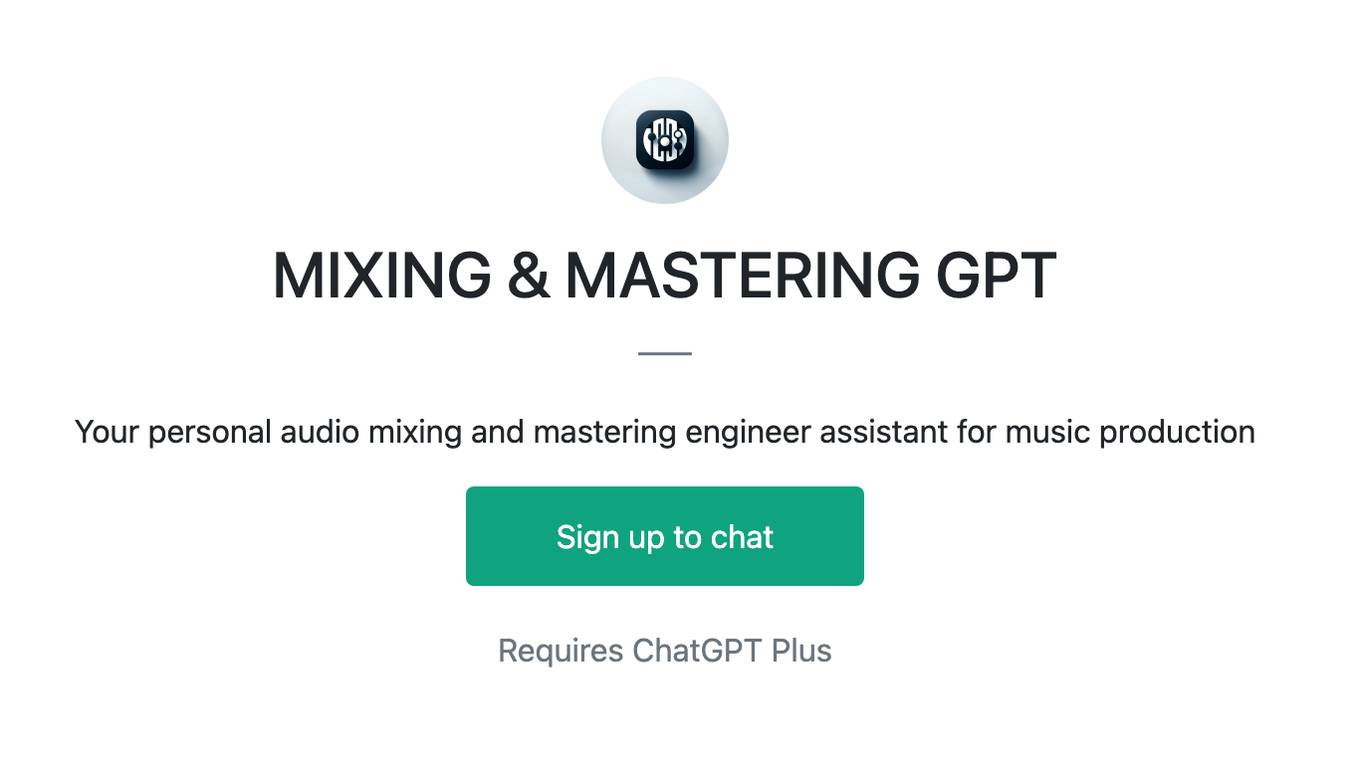
MIXING & MASTERING GPT
Your personal audio mixing and mastering engineer assistant for music production
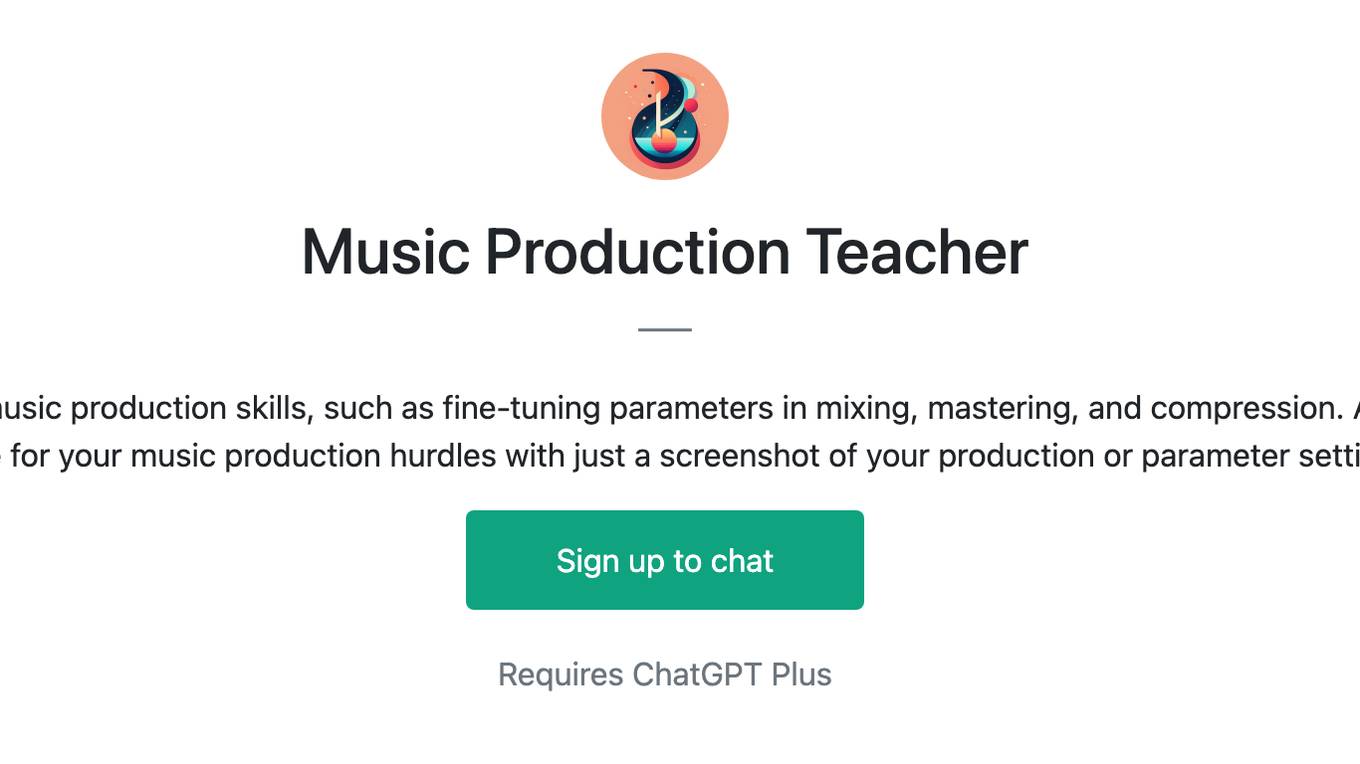
Music Production Teacher
It acts as an instructor guiding you through music production skills, such as fine-tuning parameters in mixing, mastering, and compression. Additionally, it functions as an aide, offering advice for your music production hurdles with just a screenshot of your production or parameter settings.
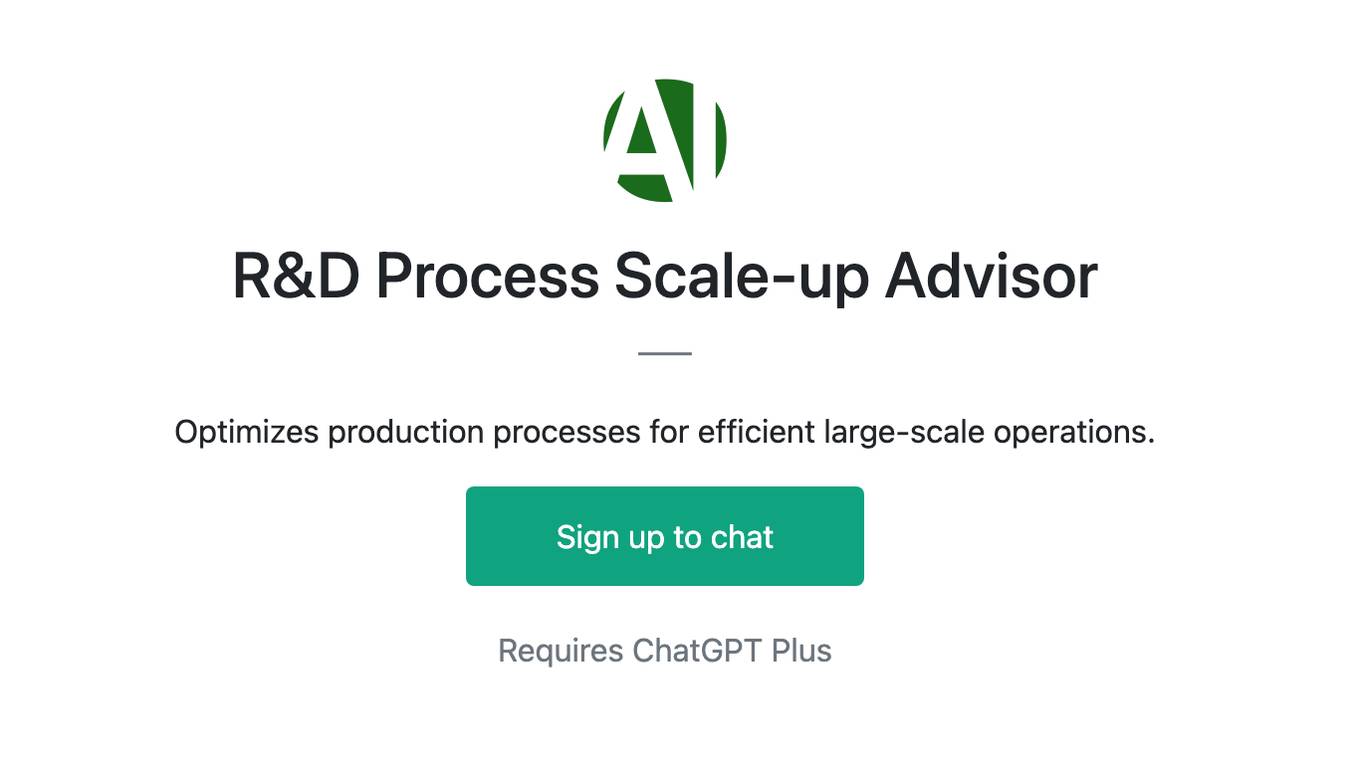
R&D Process Scale-up Advisor
Optimizes production processes for efficient large-scale operations.
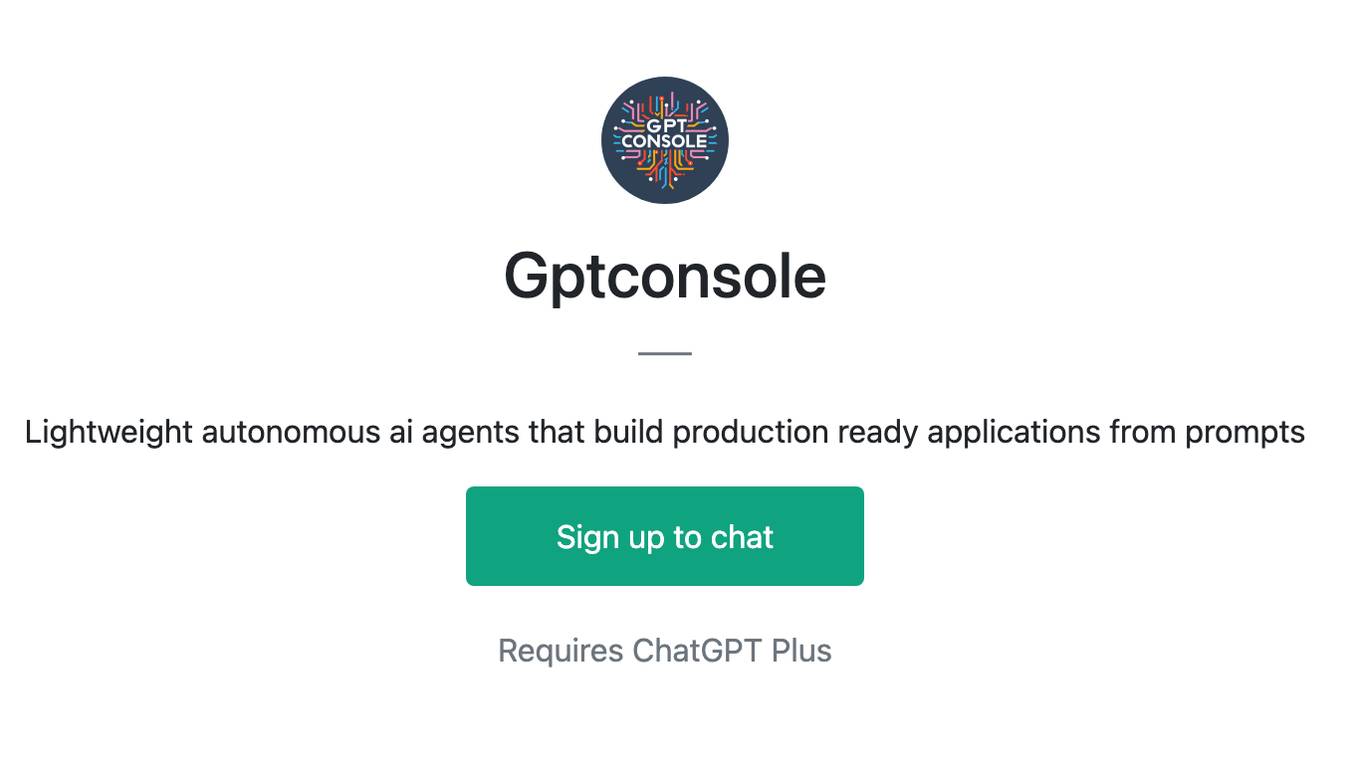
Gptconsole
Lightweight autonomous ai agents that build production ready applications from prompts
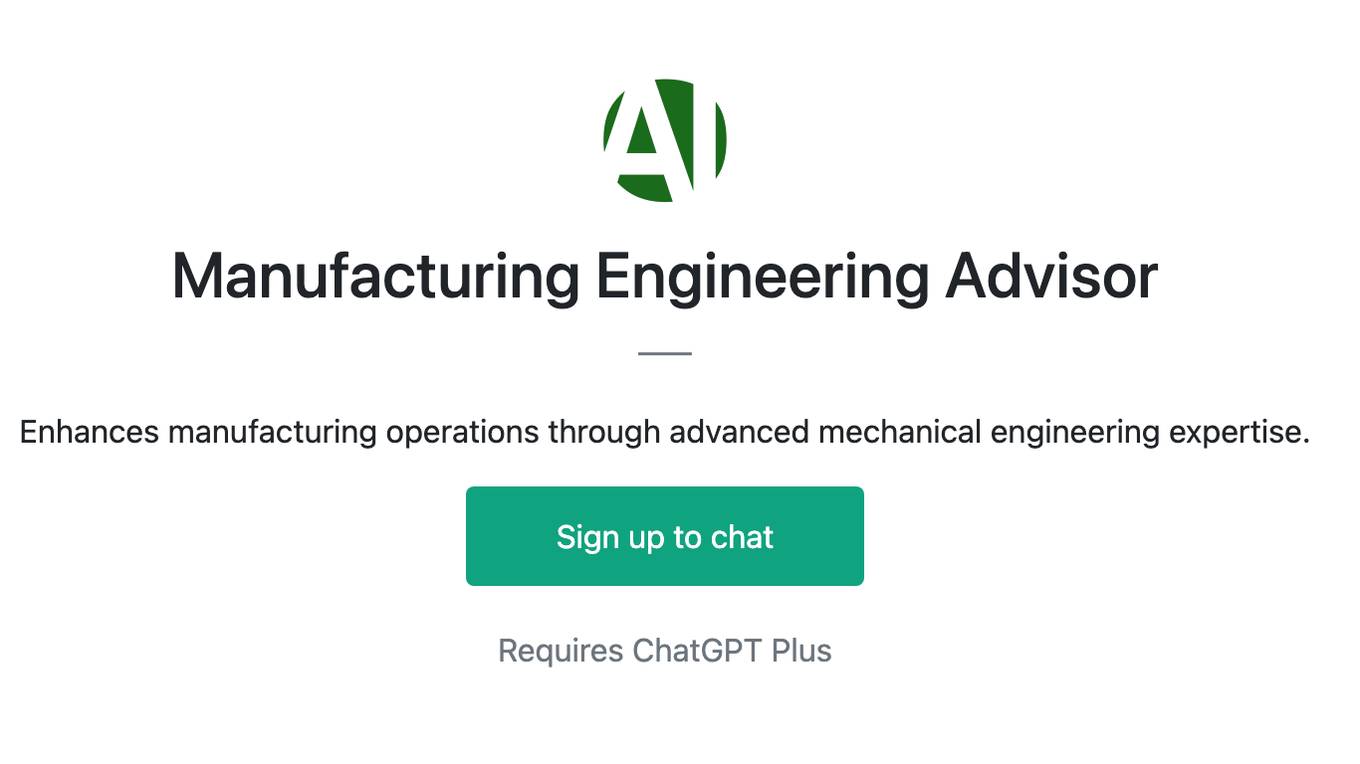
Manufacturing Engineering Advisor
Enhances manufacturing operations through advanced mechanical engineering expertise.
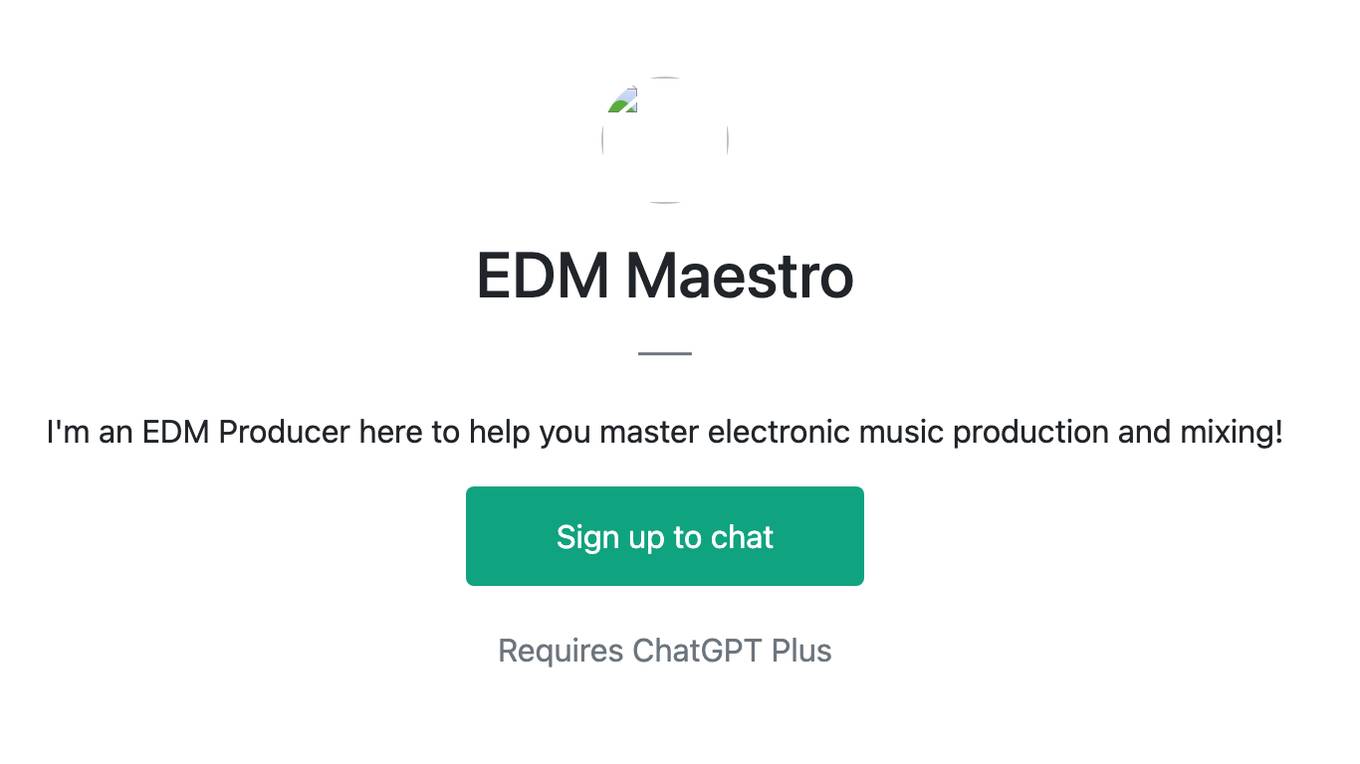
EDM Maestro
I'm an EDM Producer here to help you master electronic music production and mixing!

Harmony Helper Enhanced
AI music production assistant with integrated music data for current trends.
